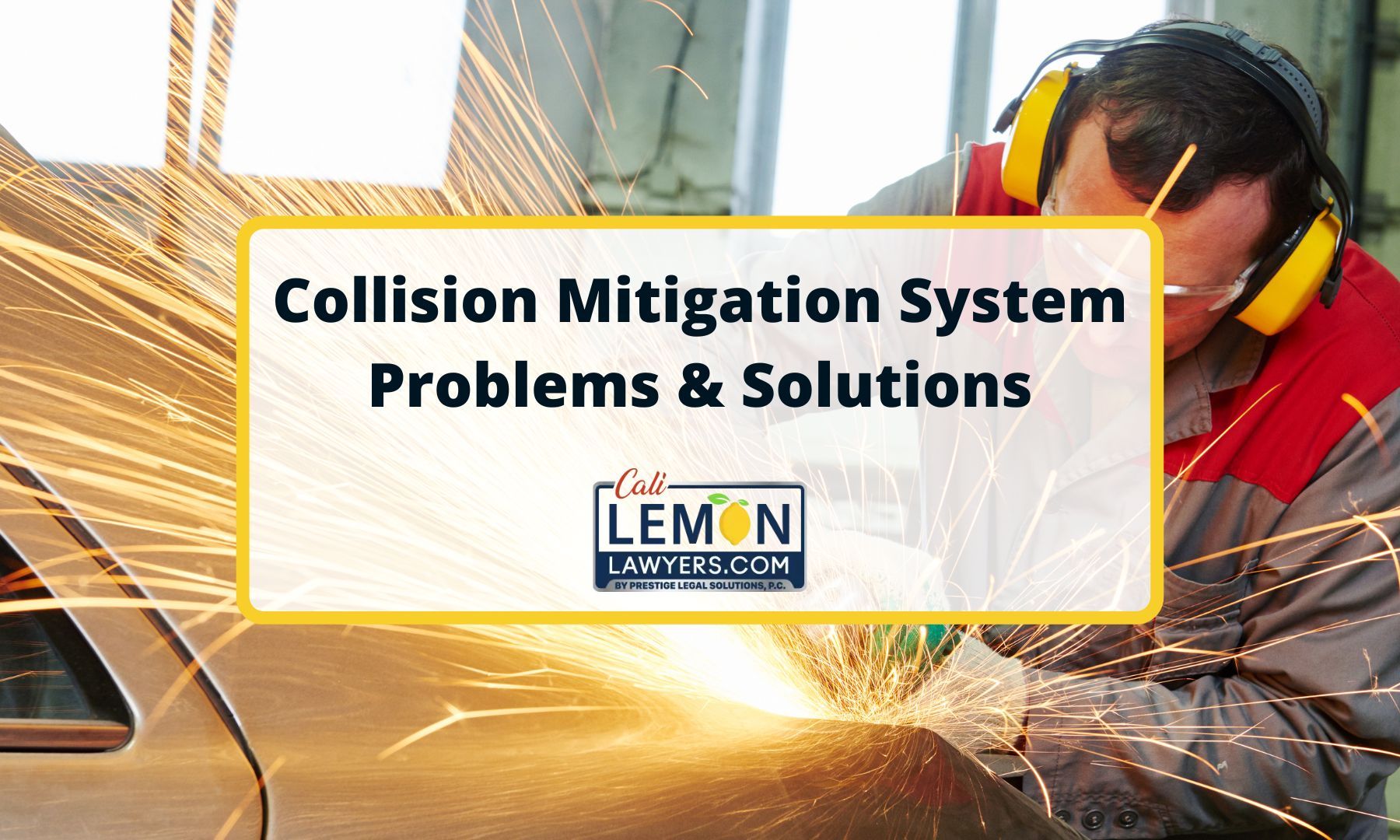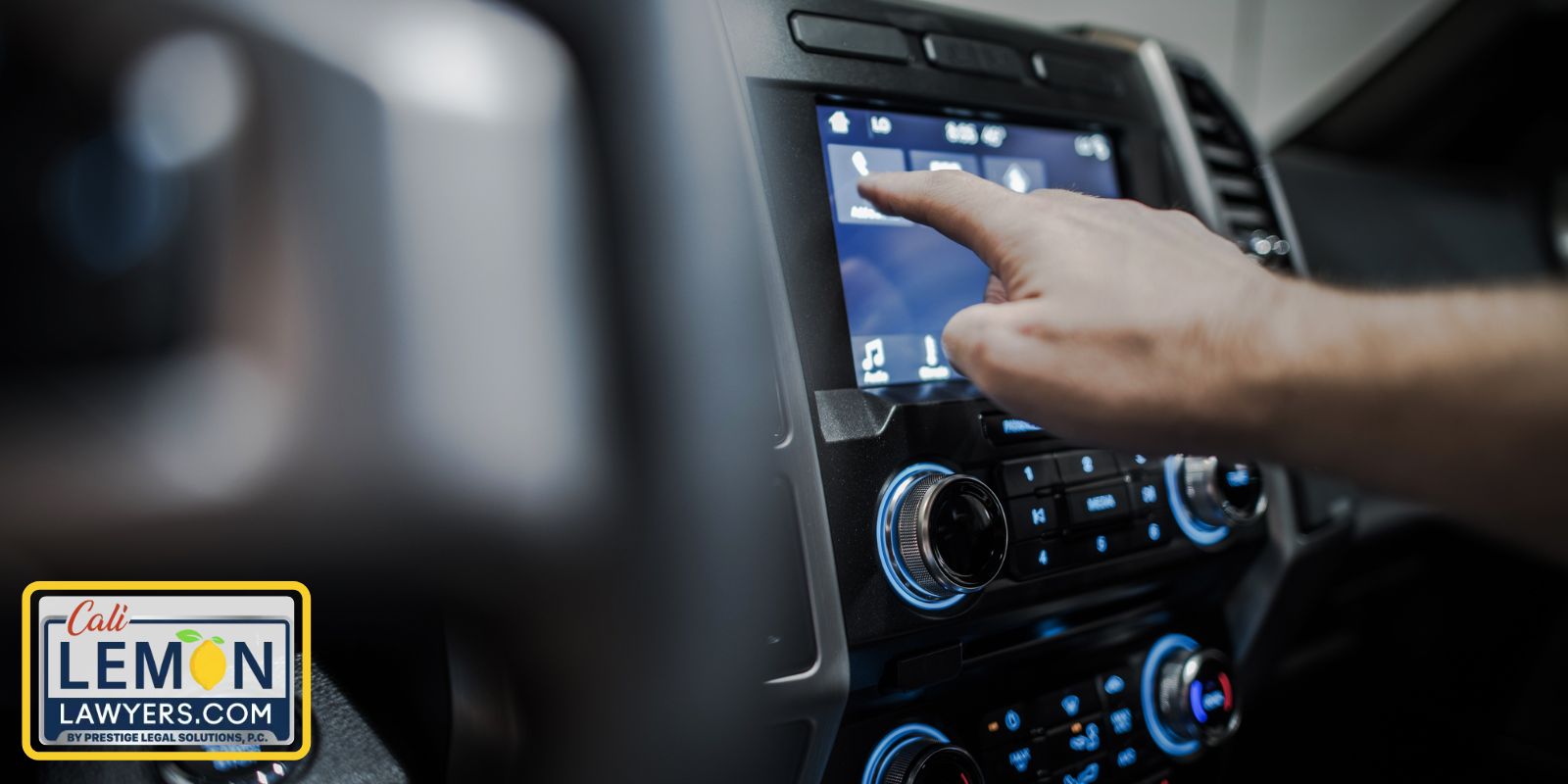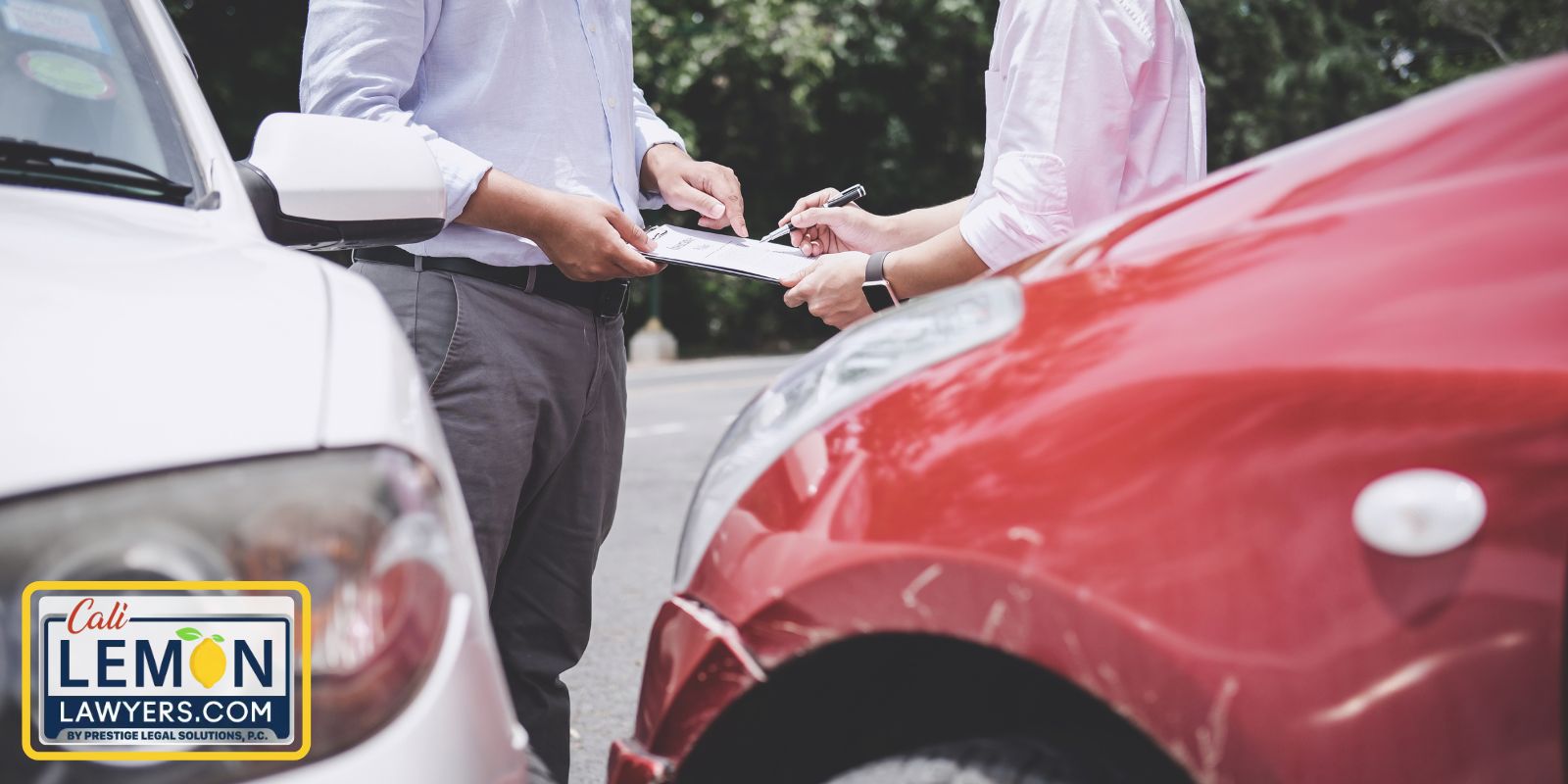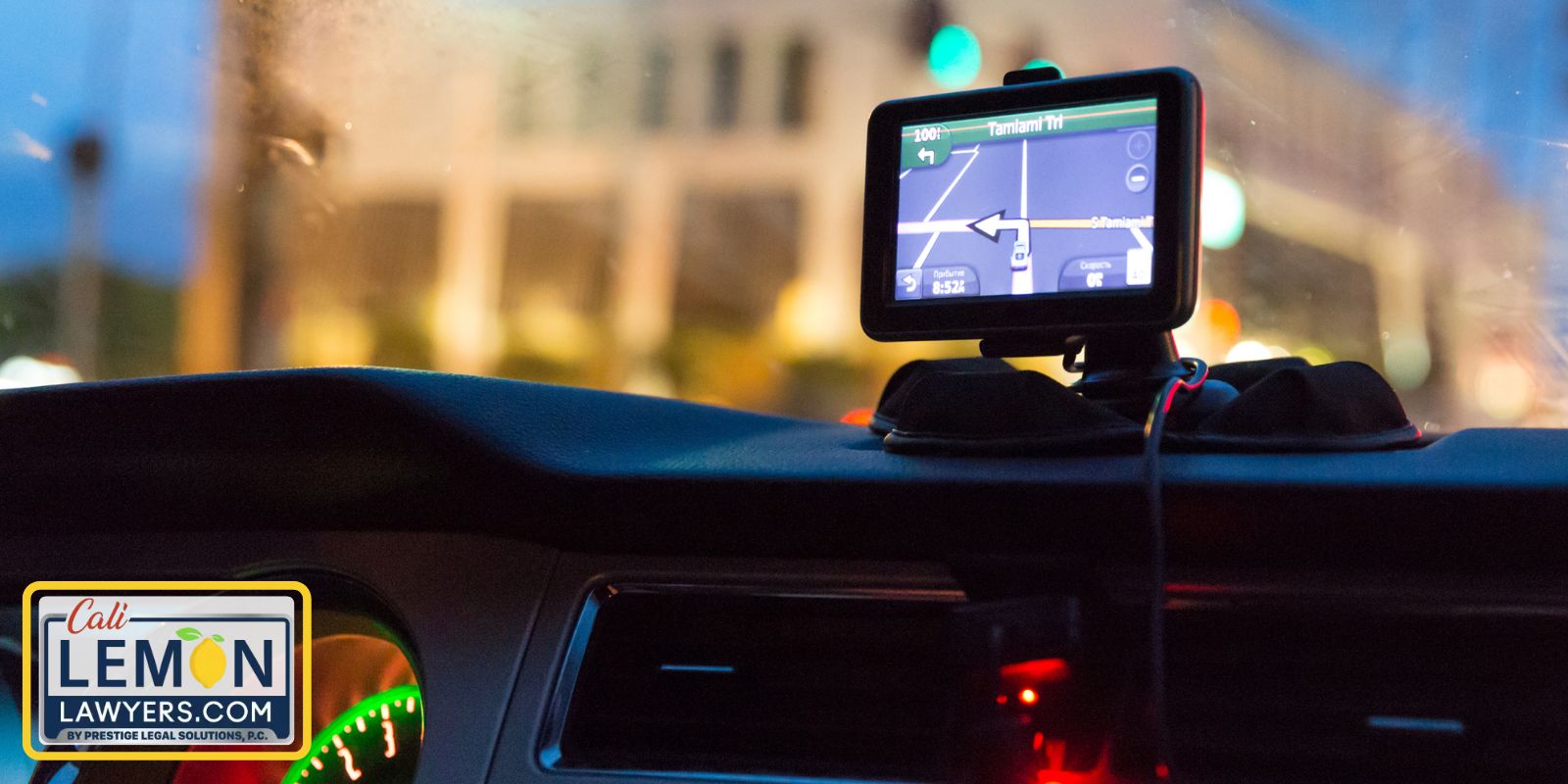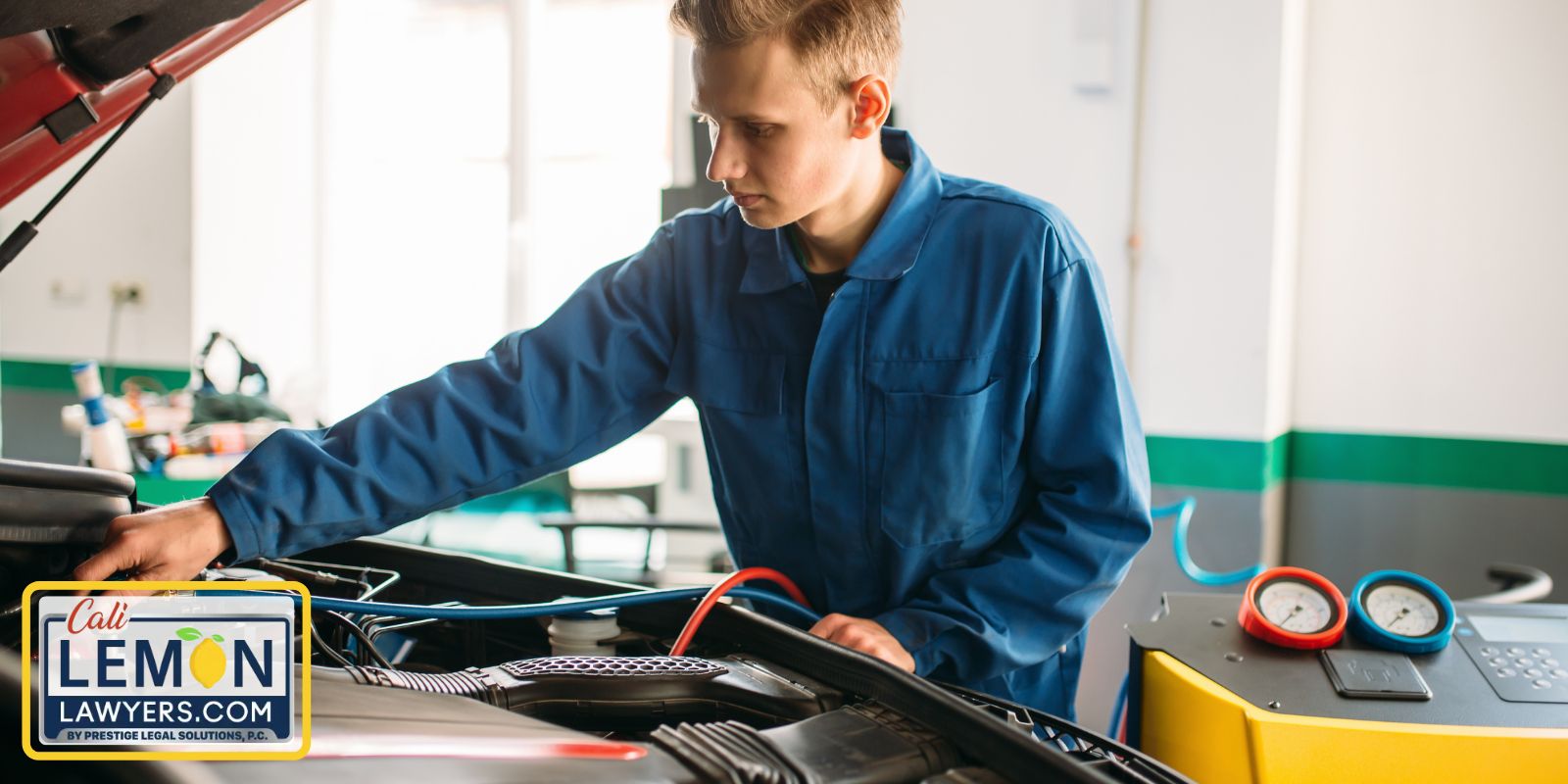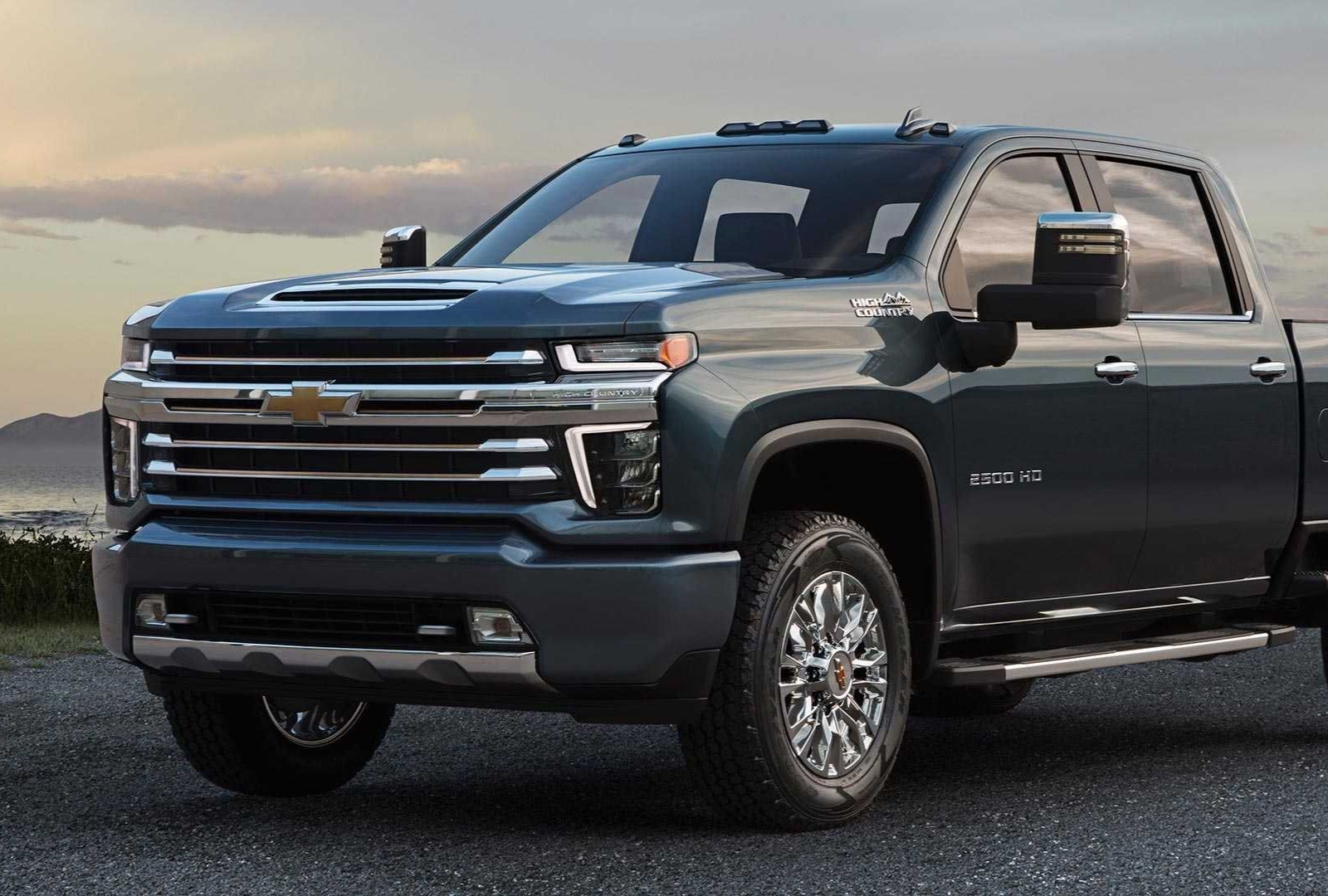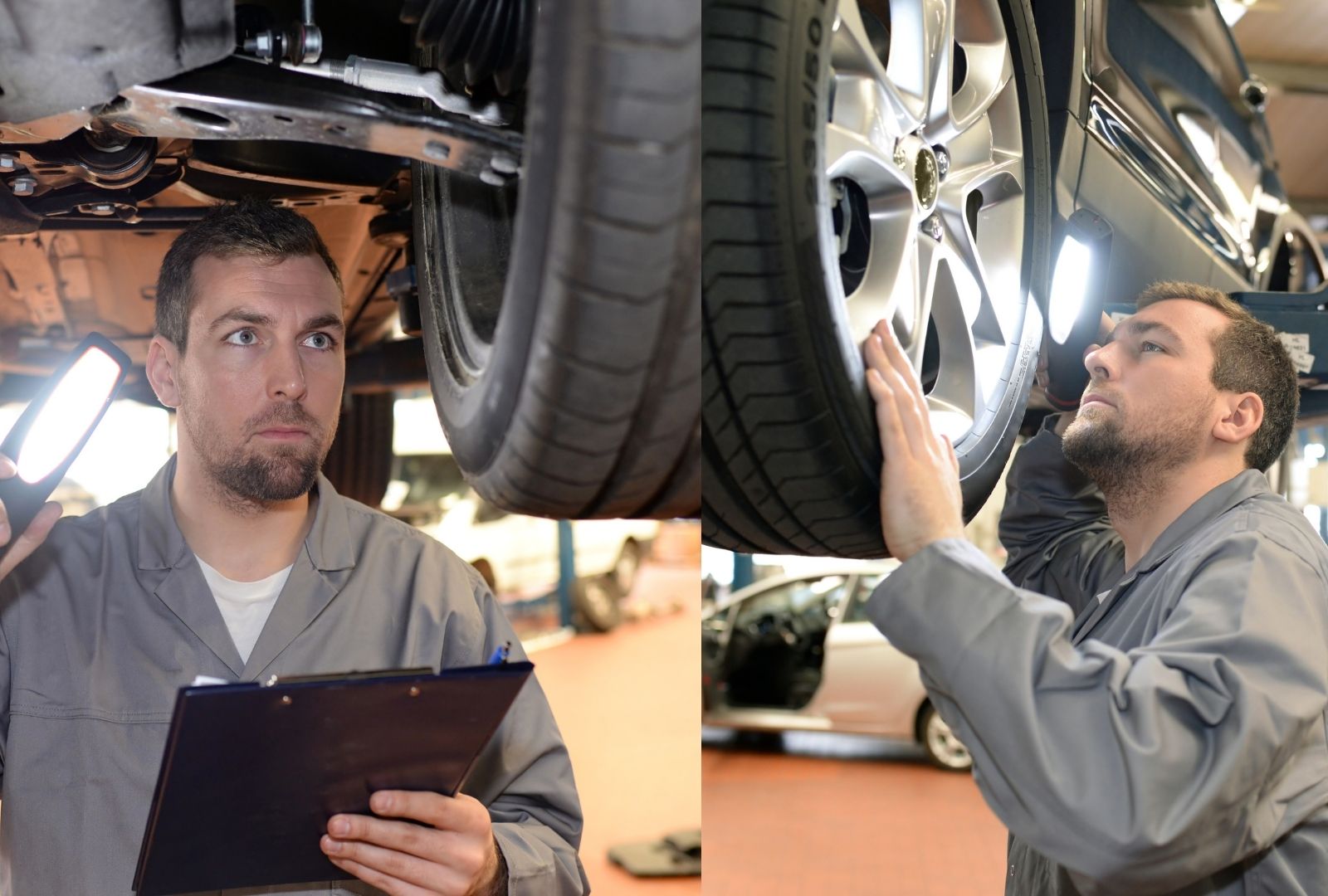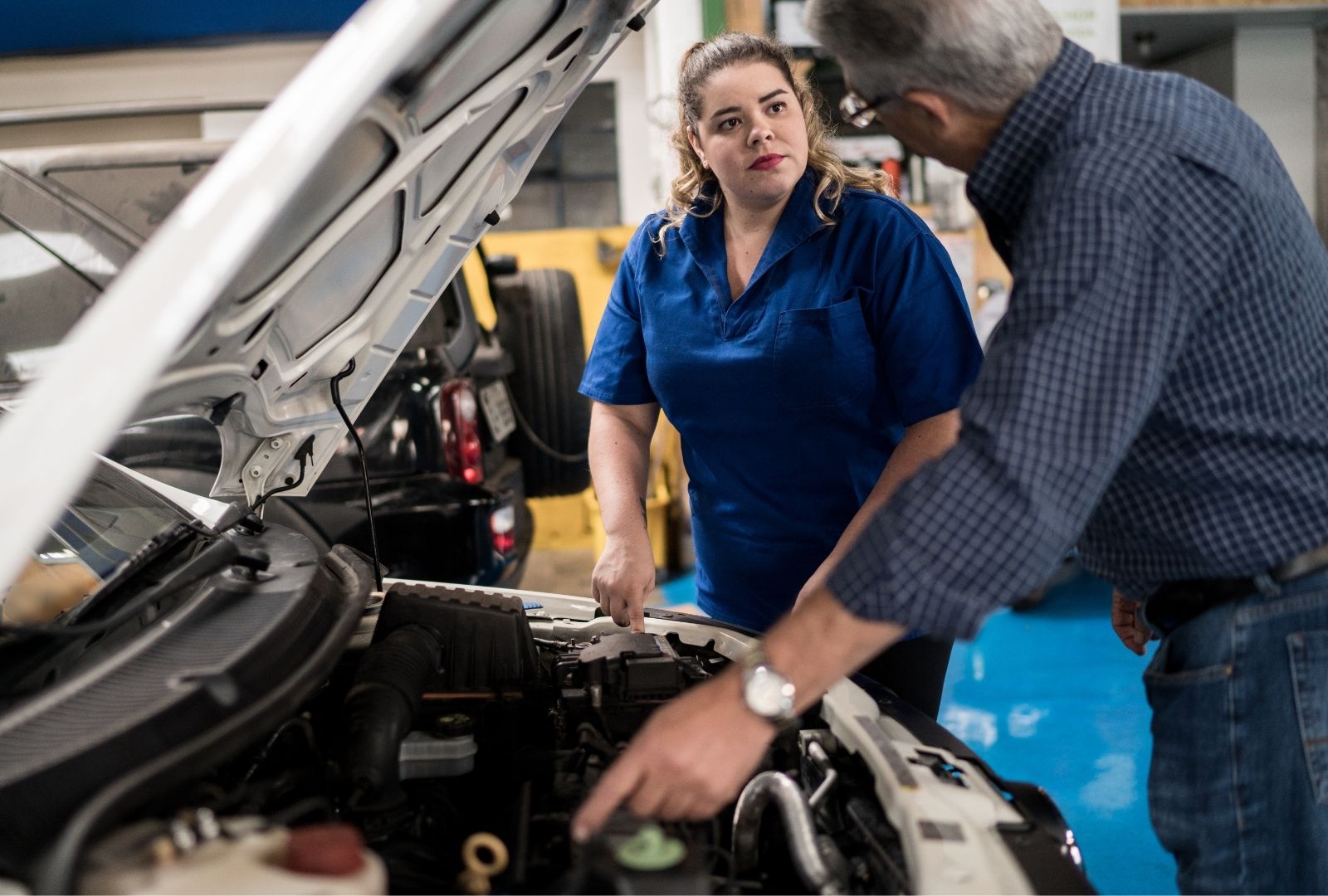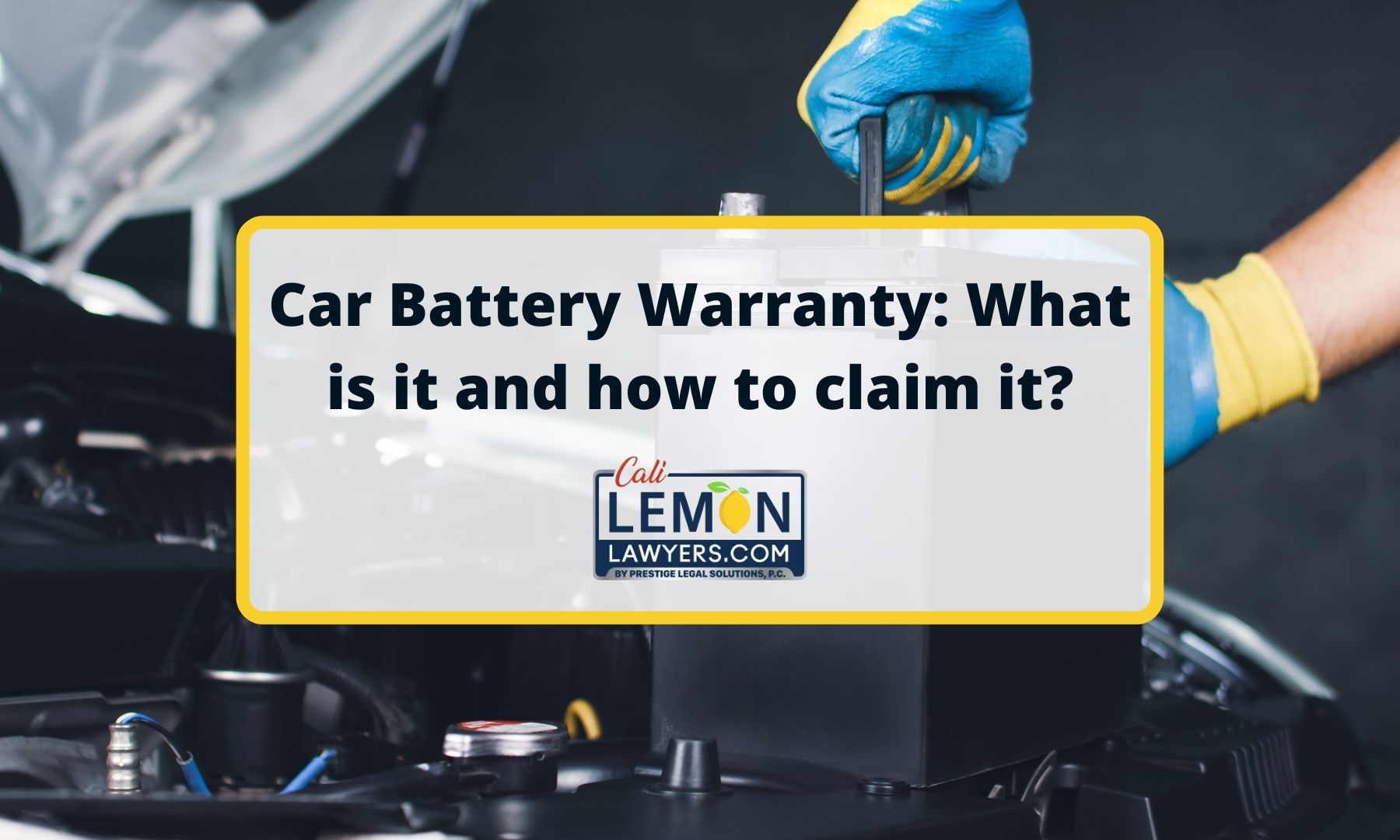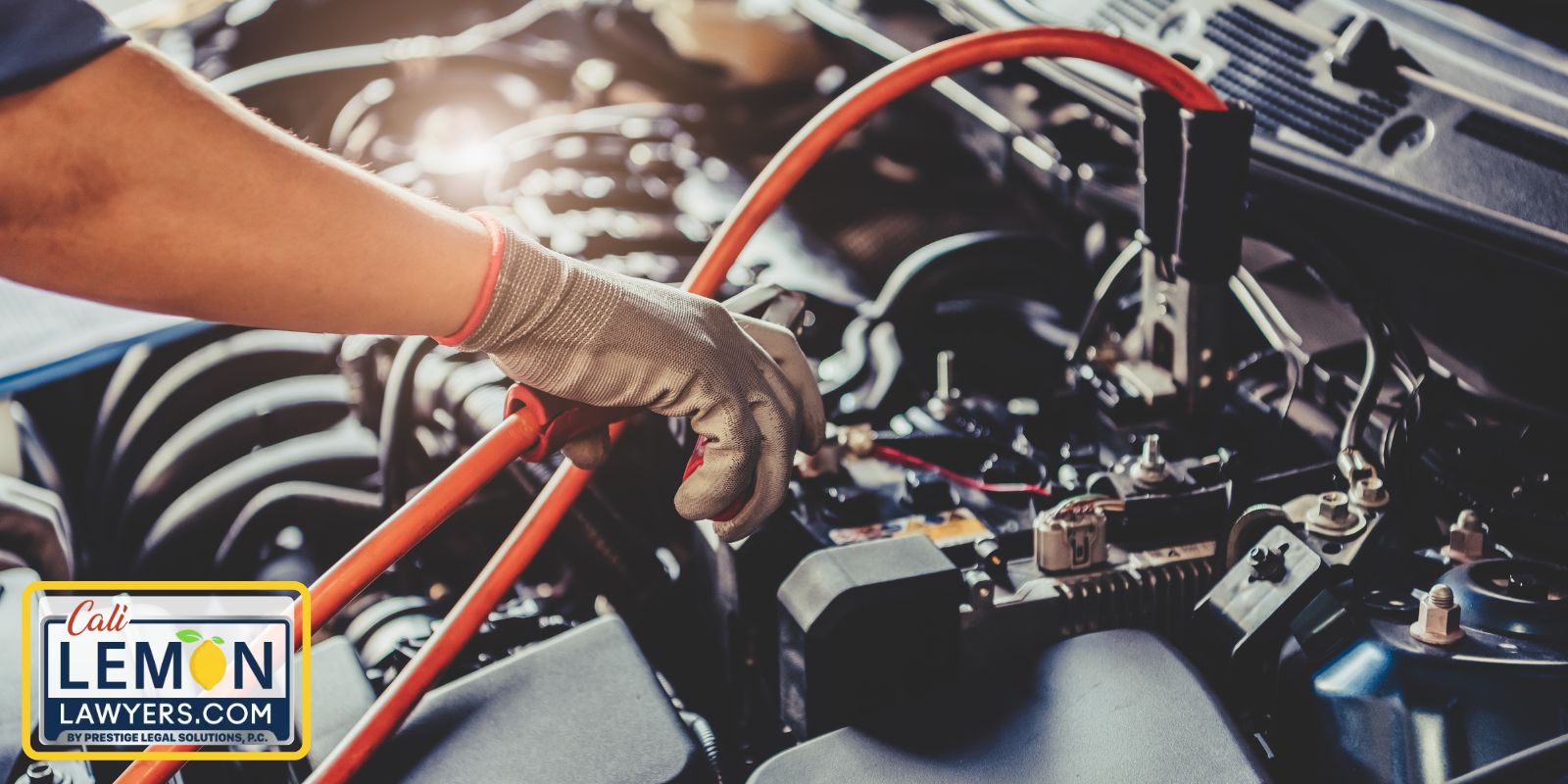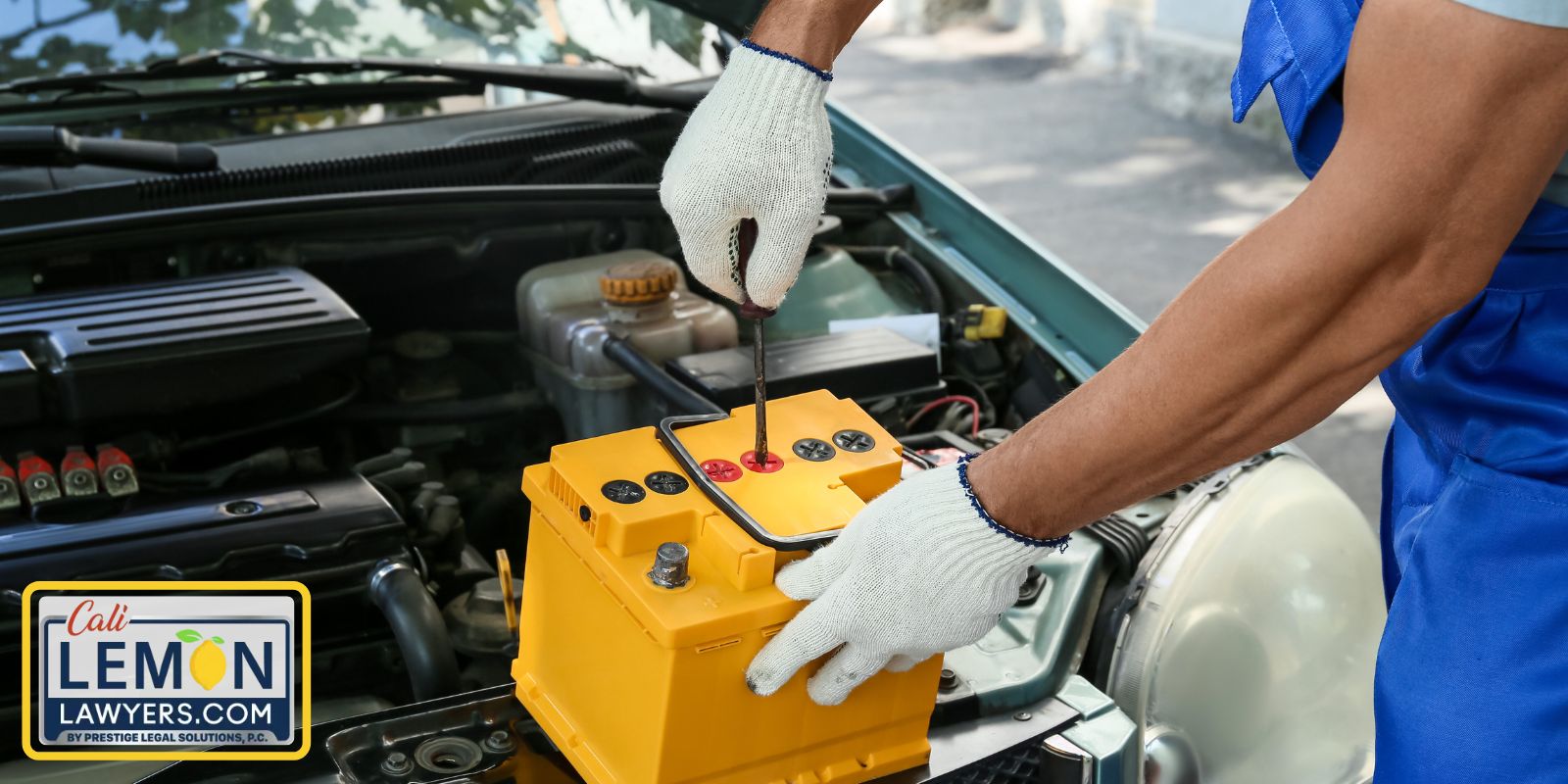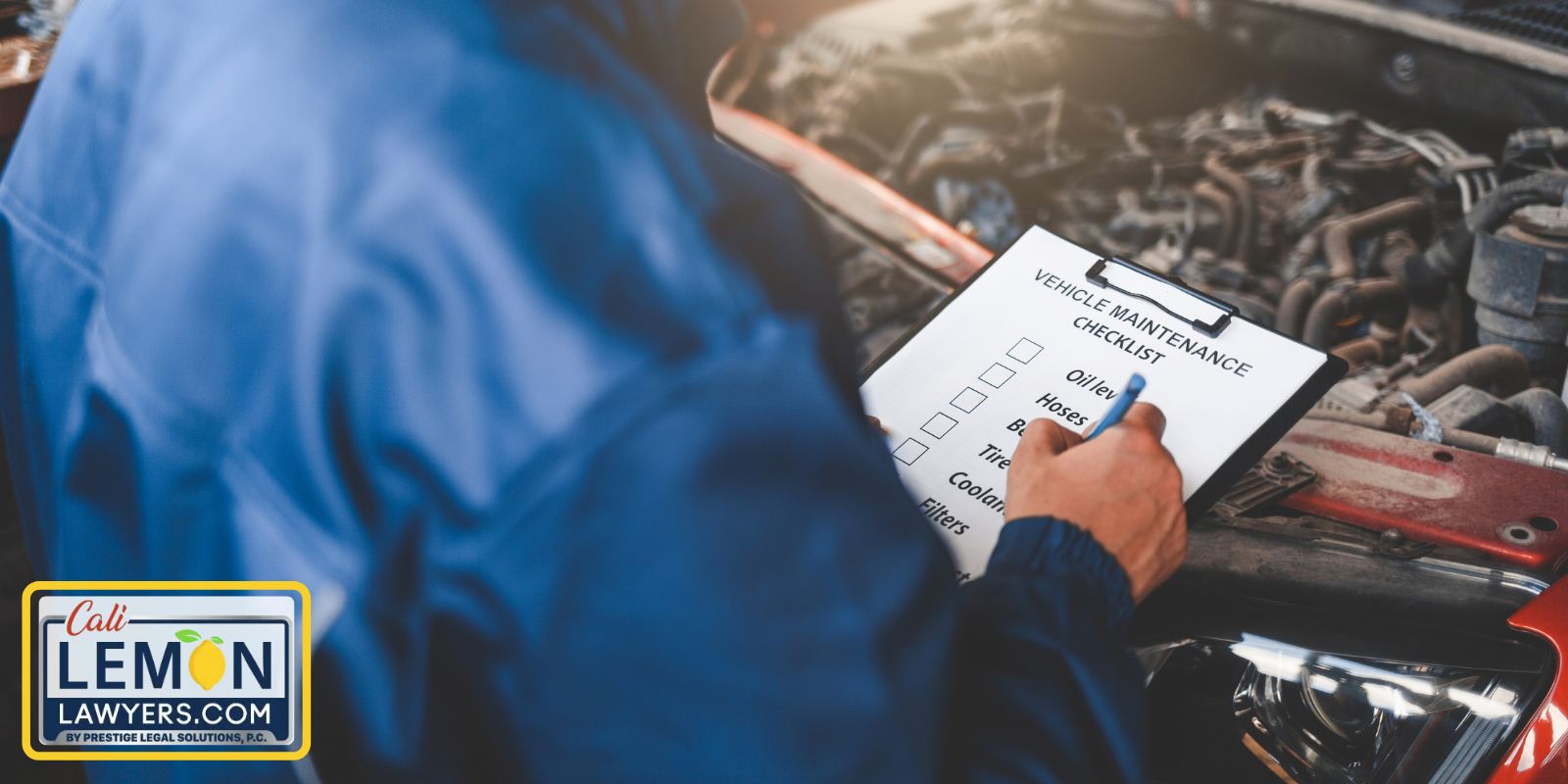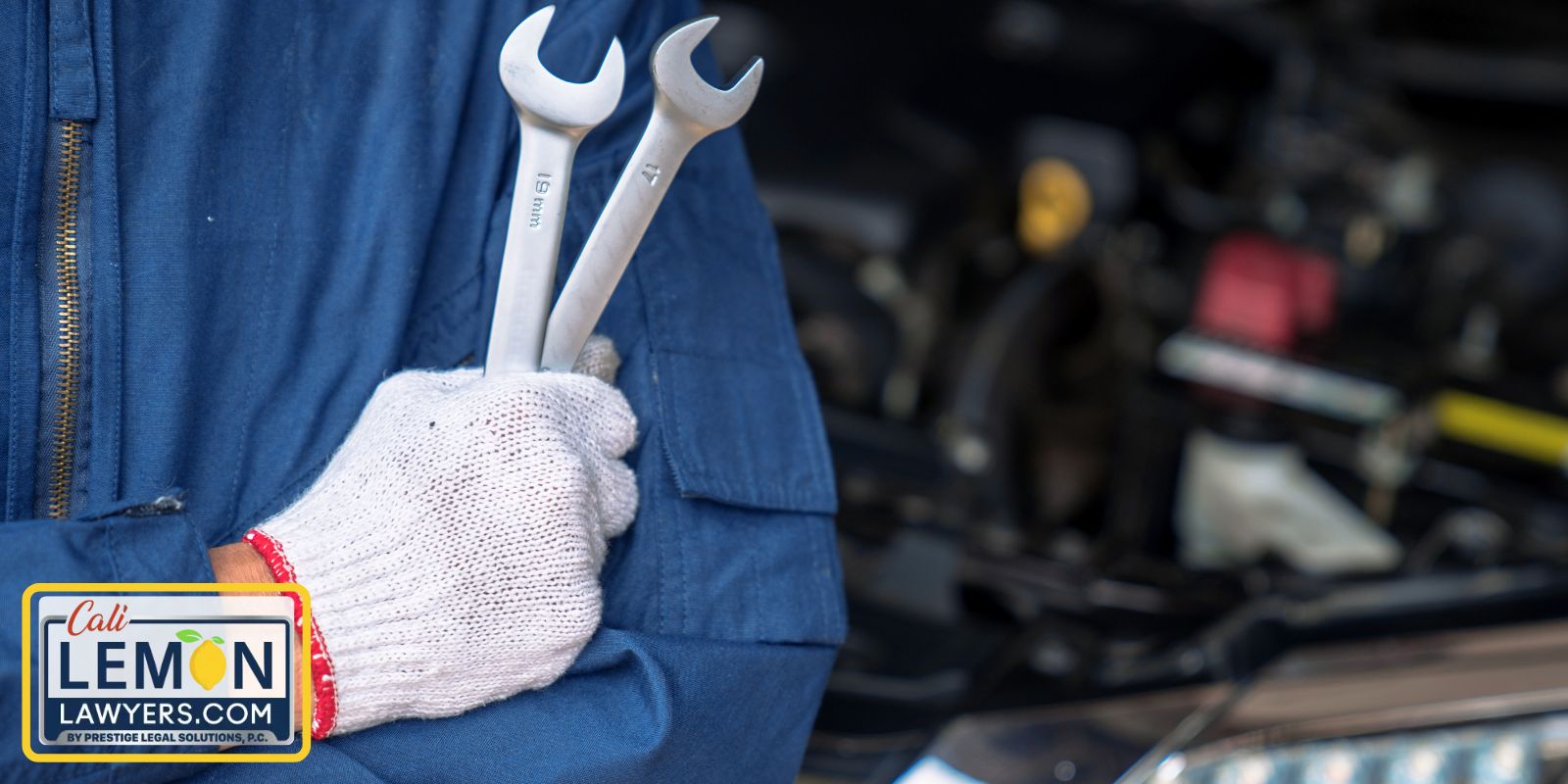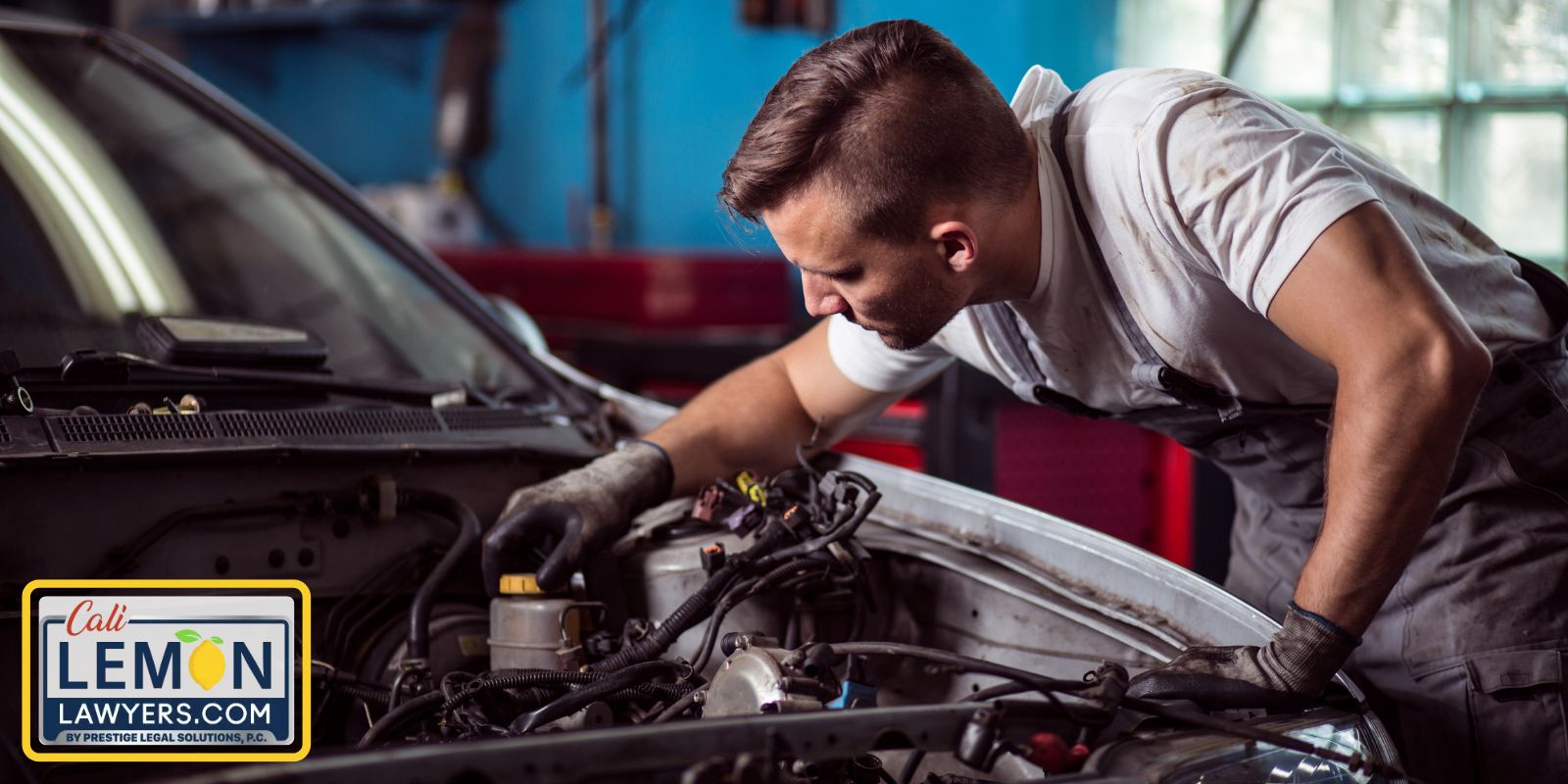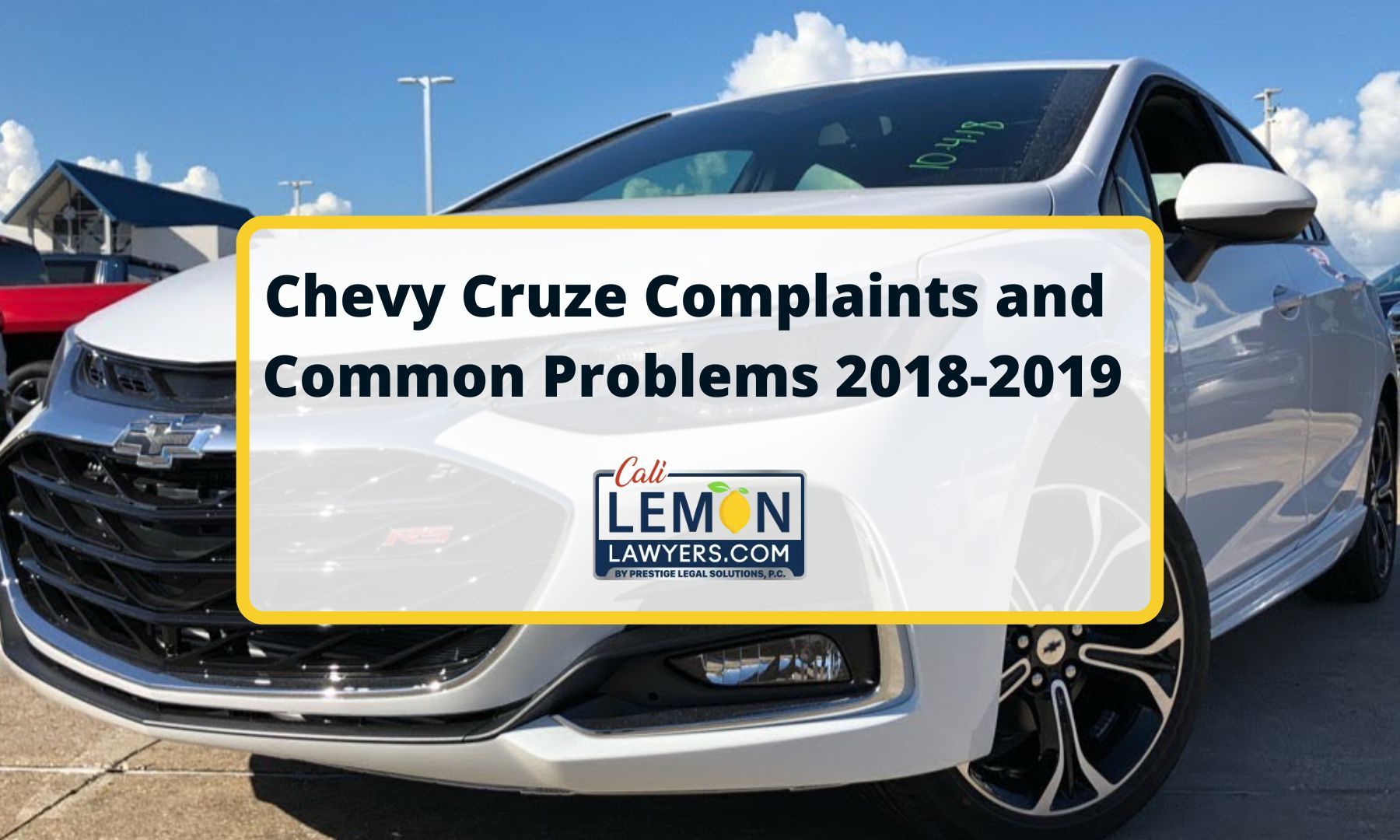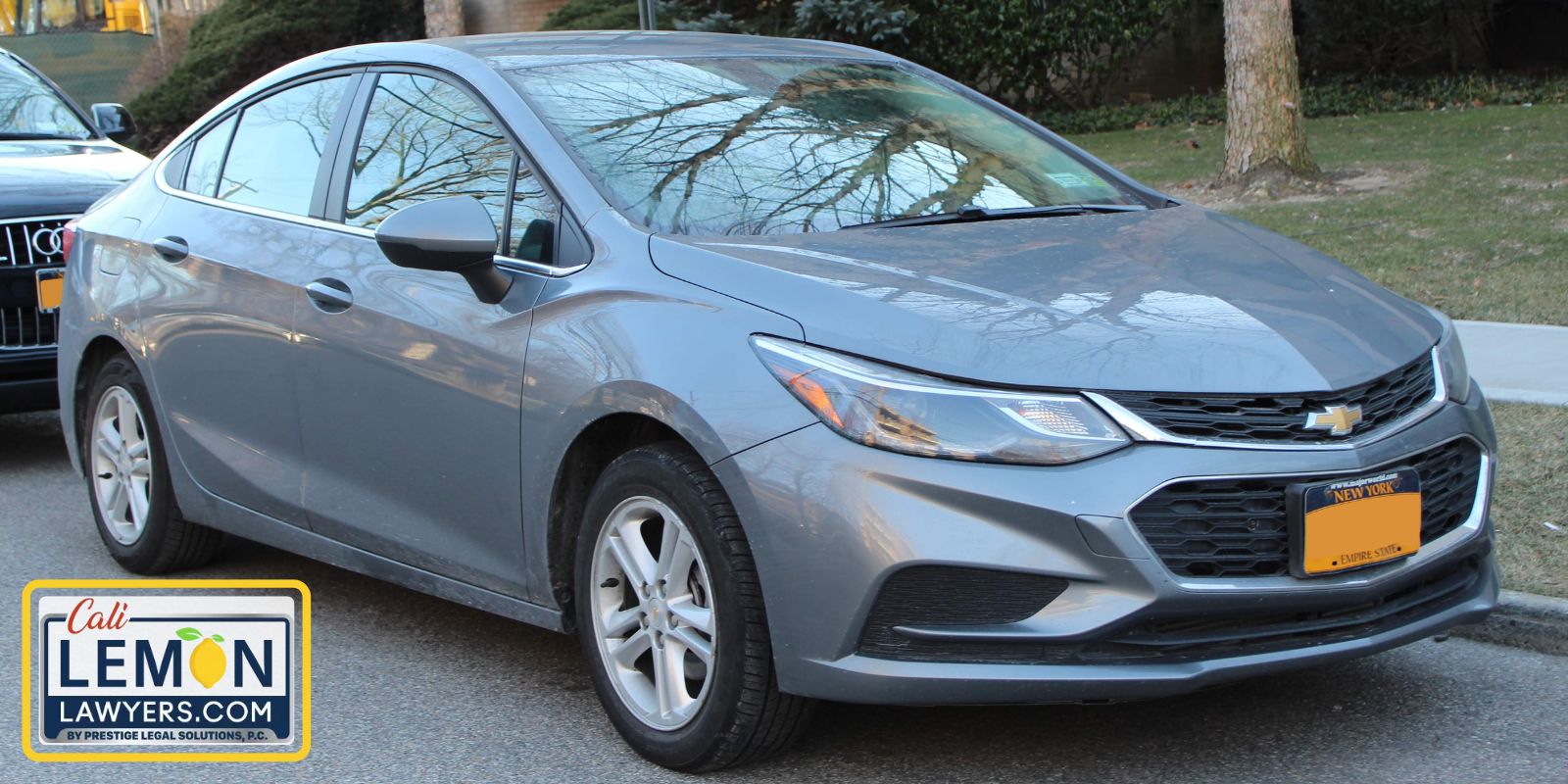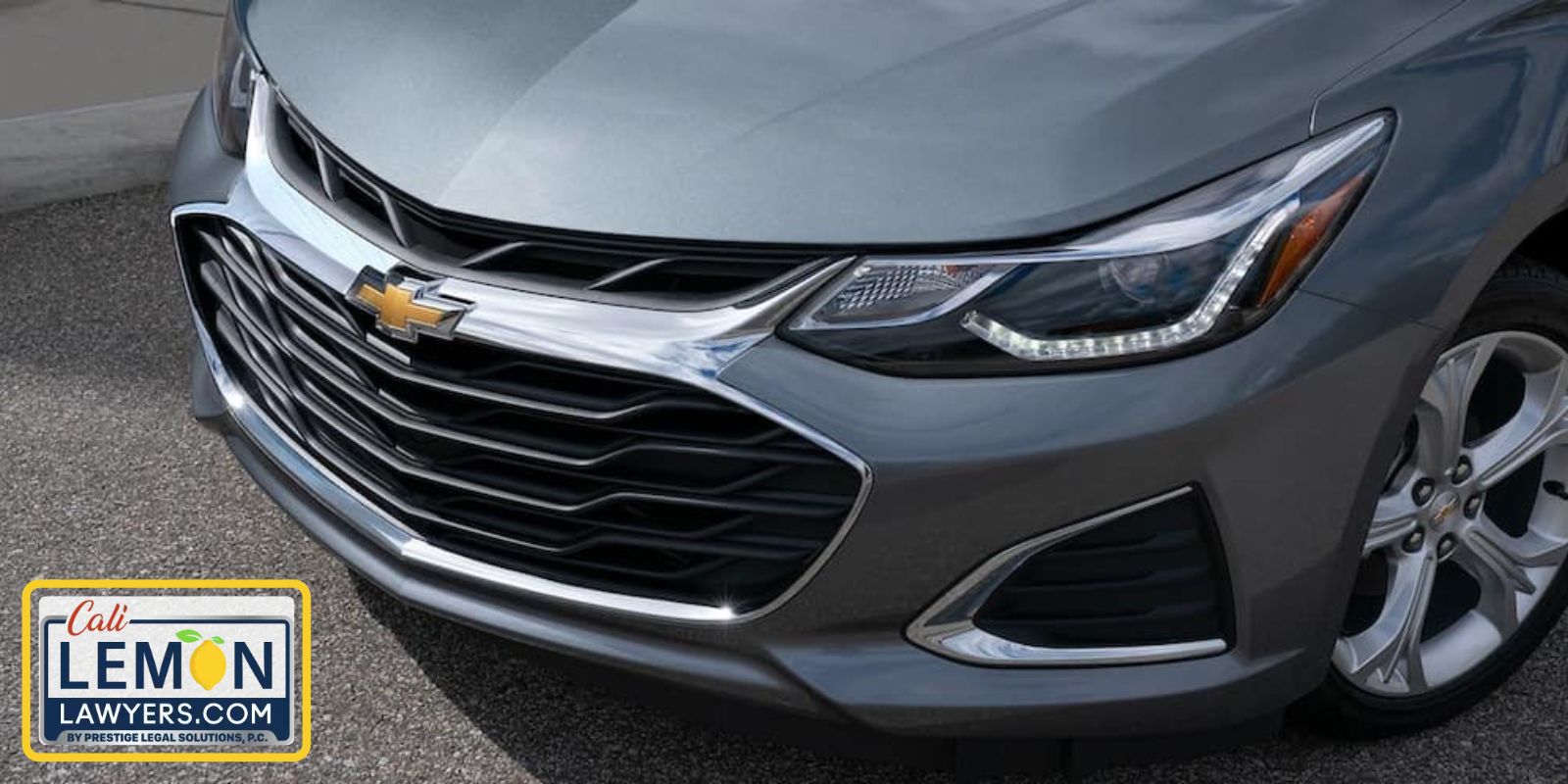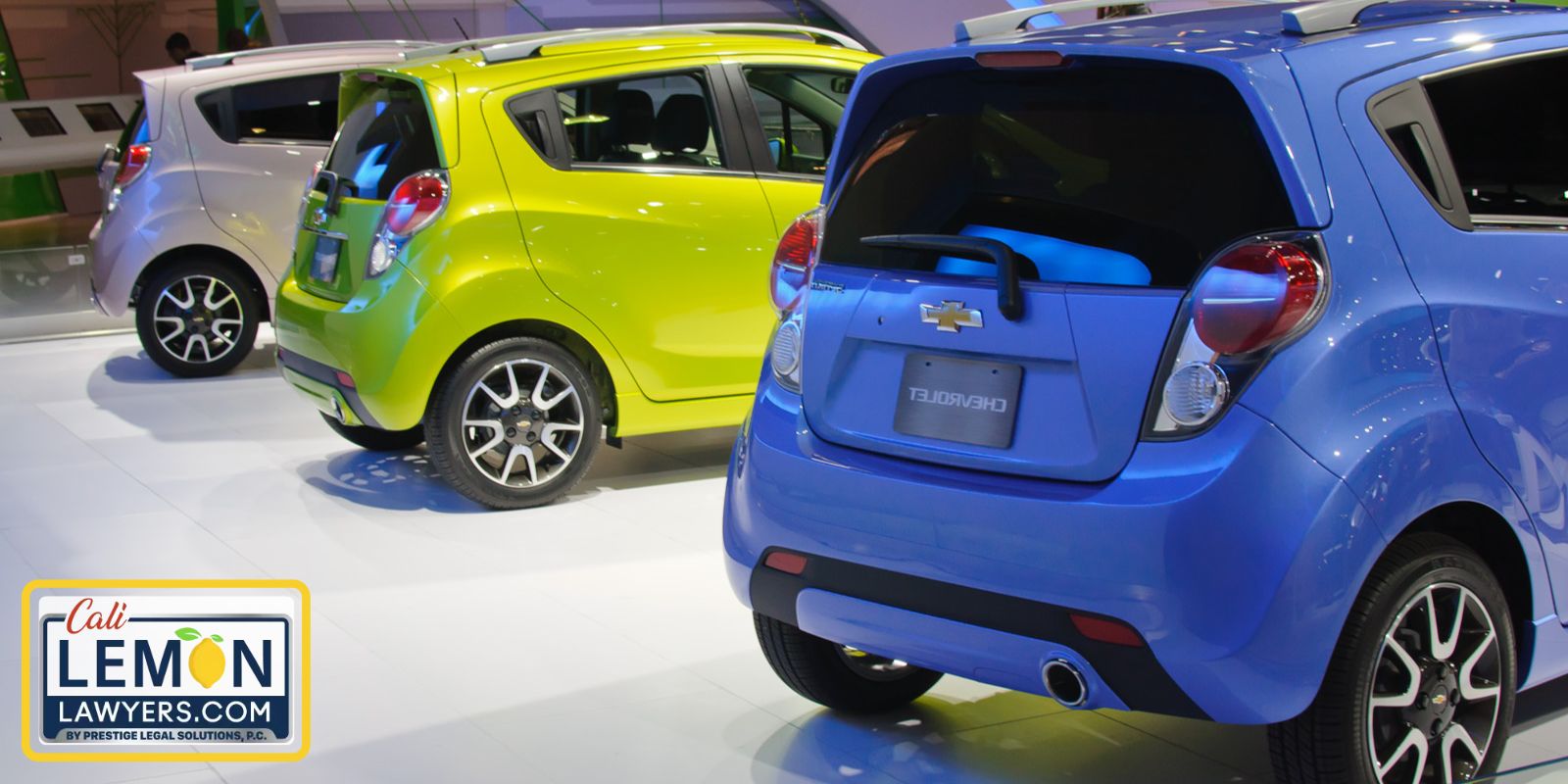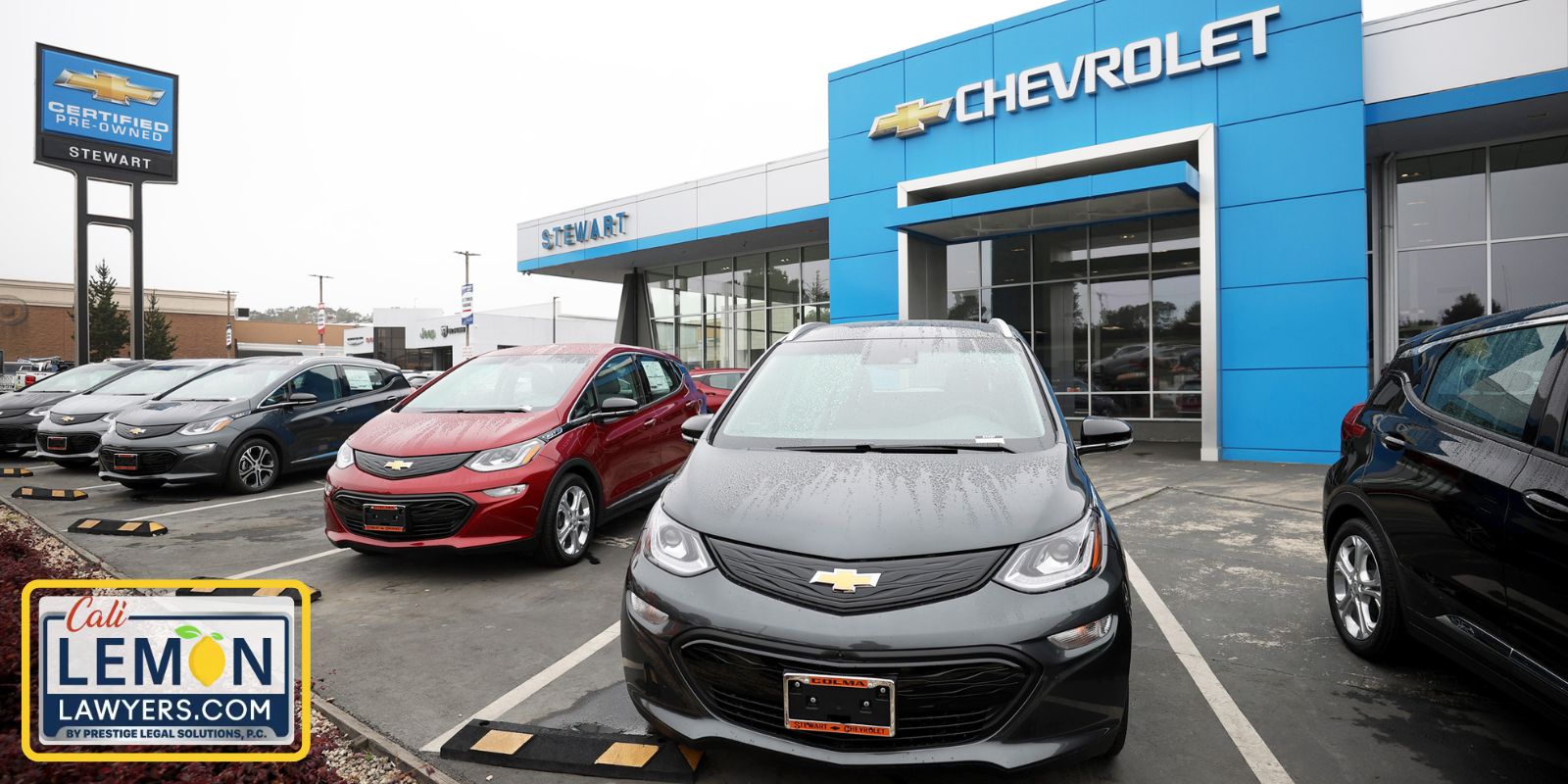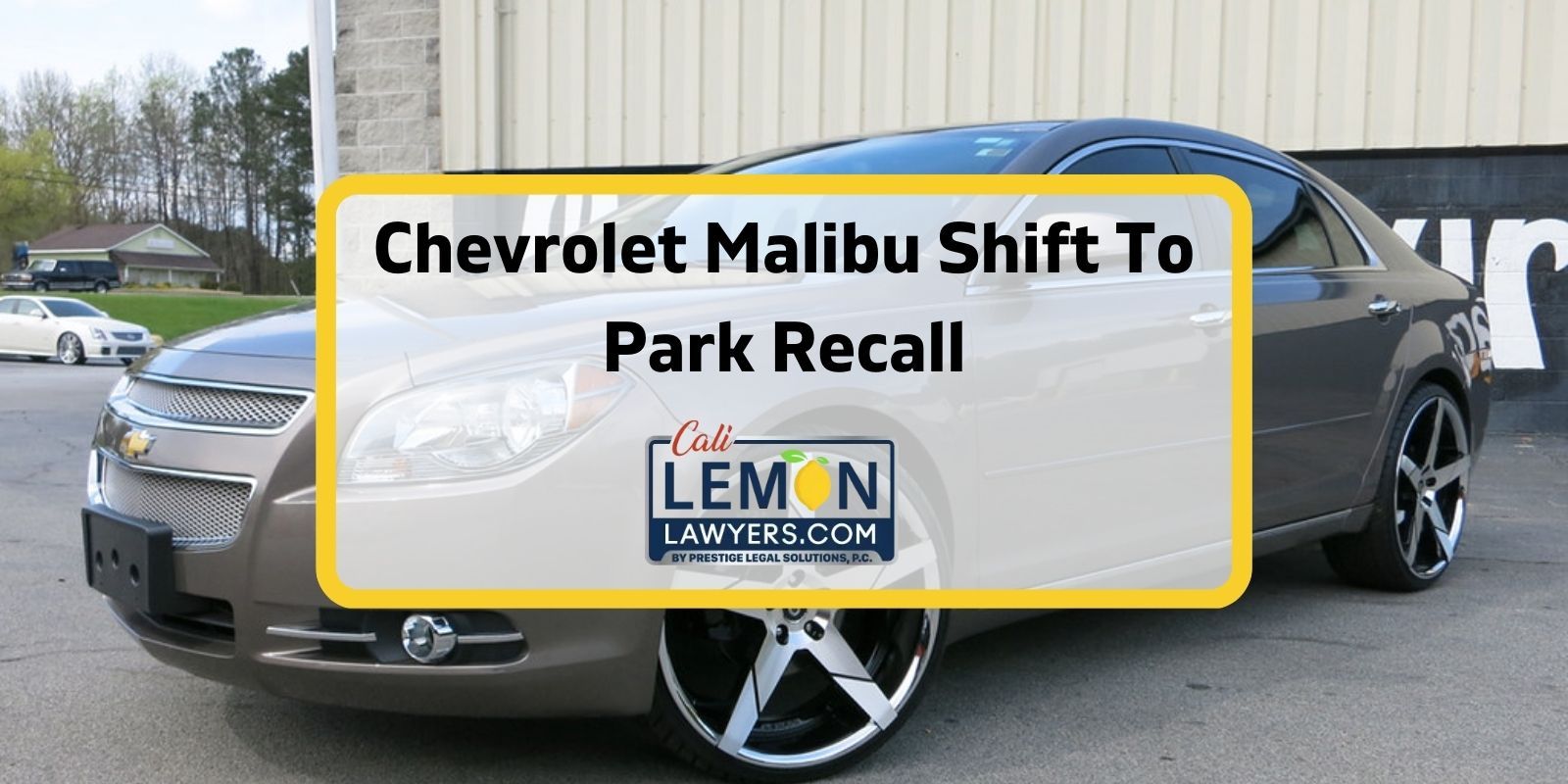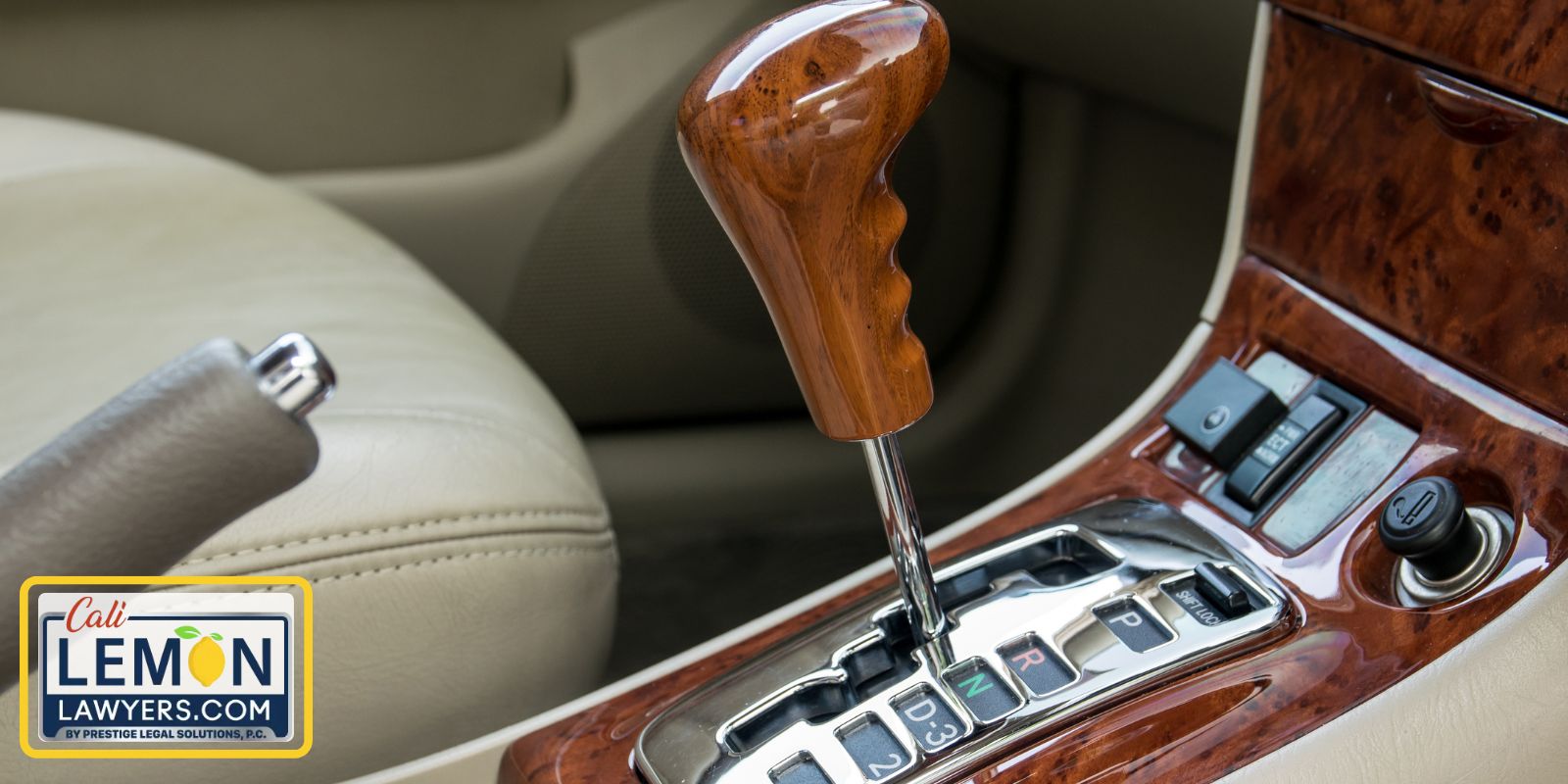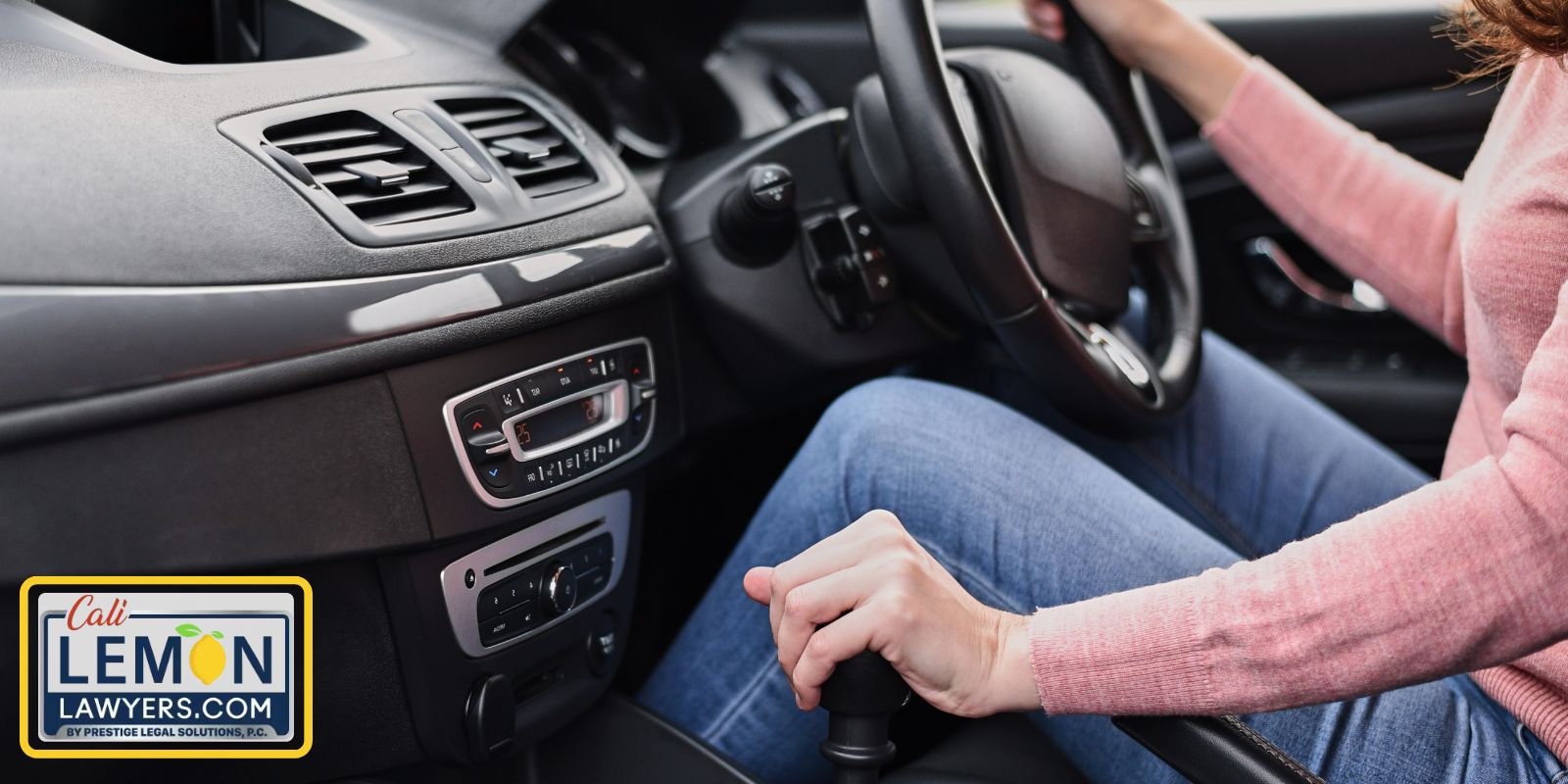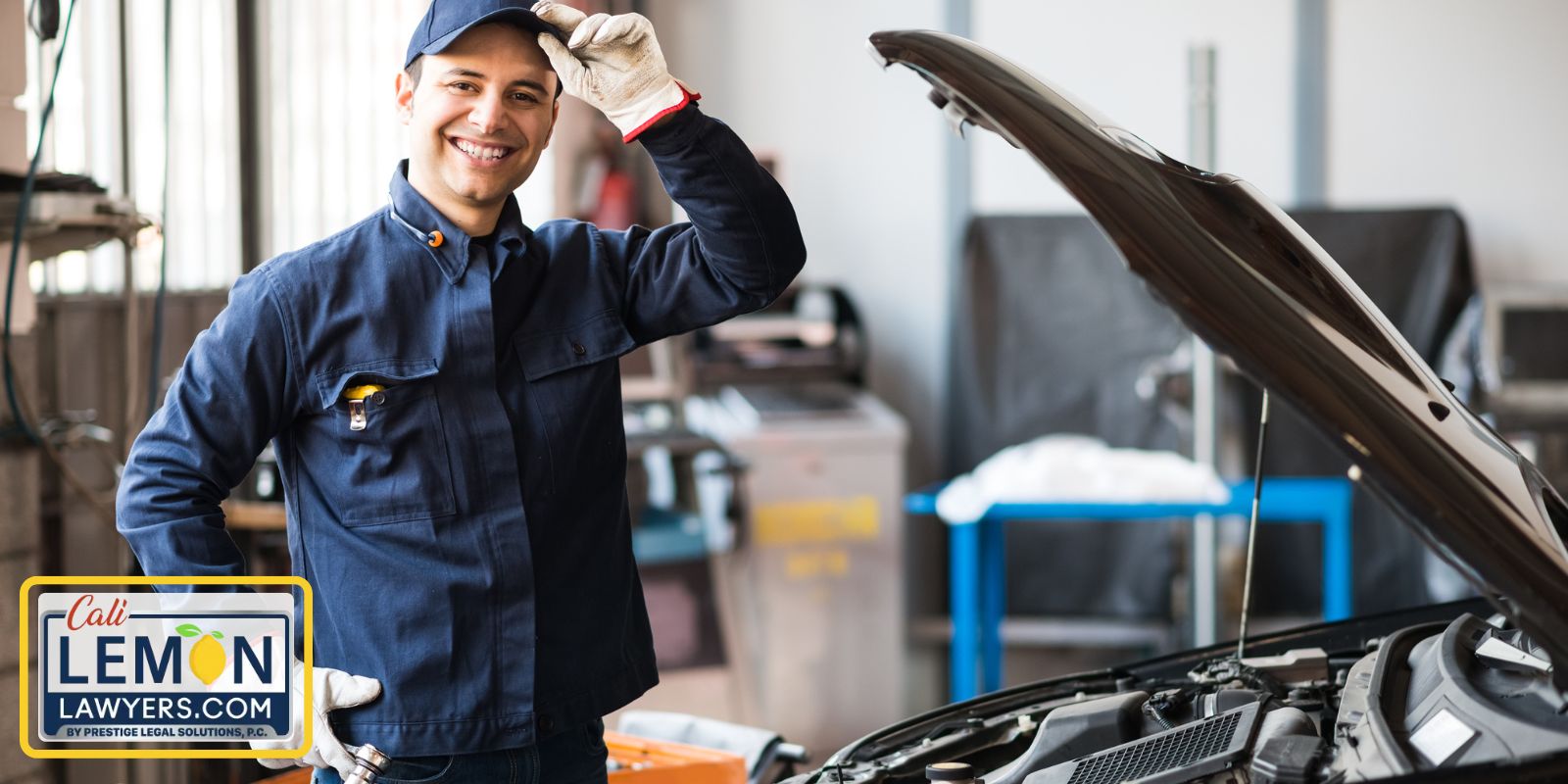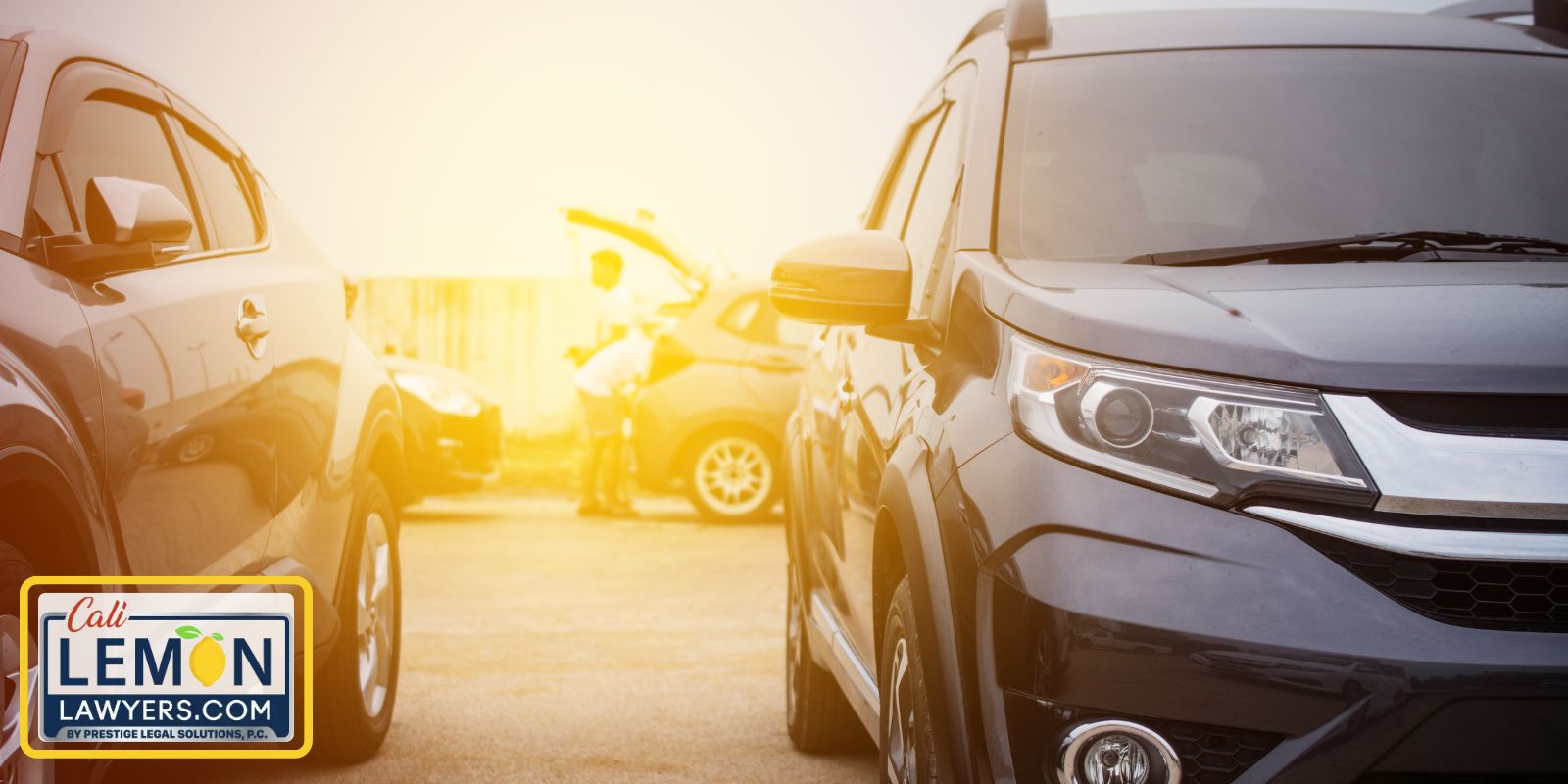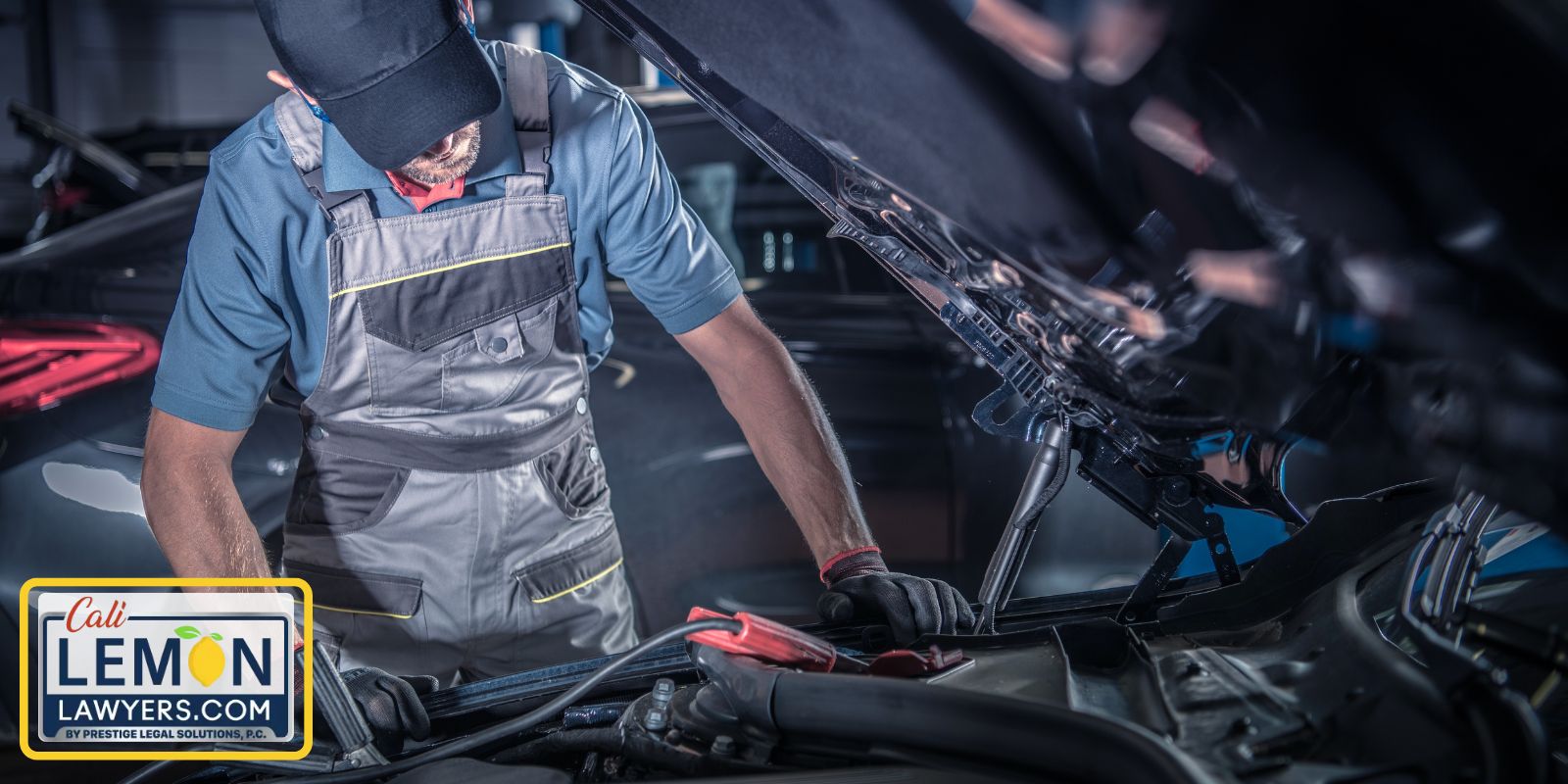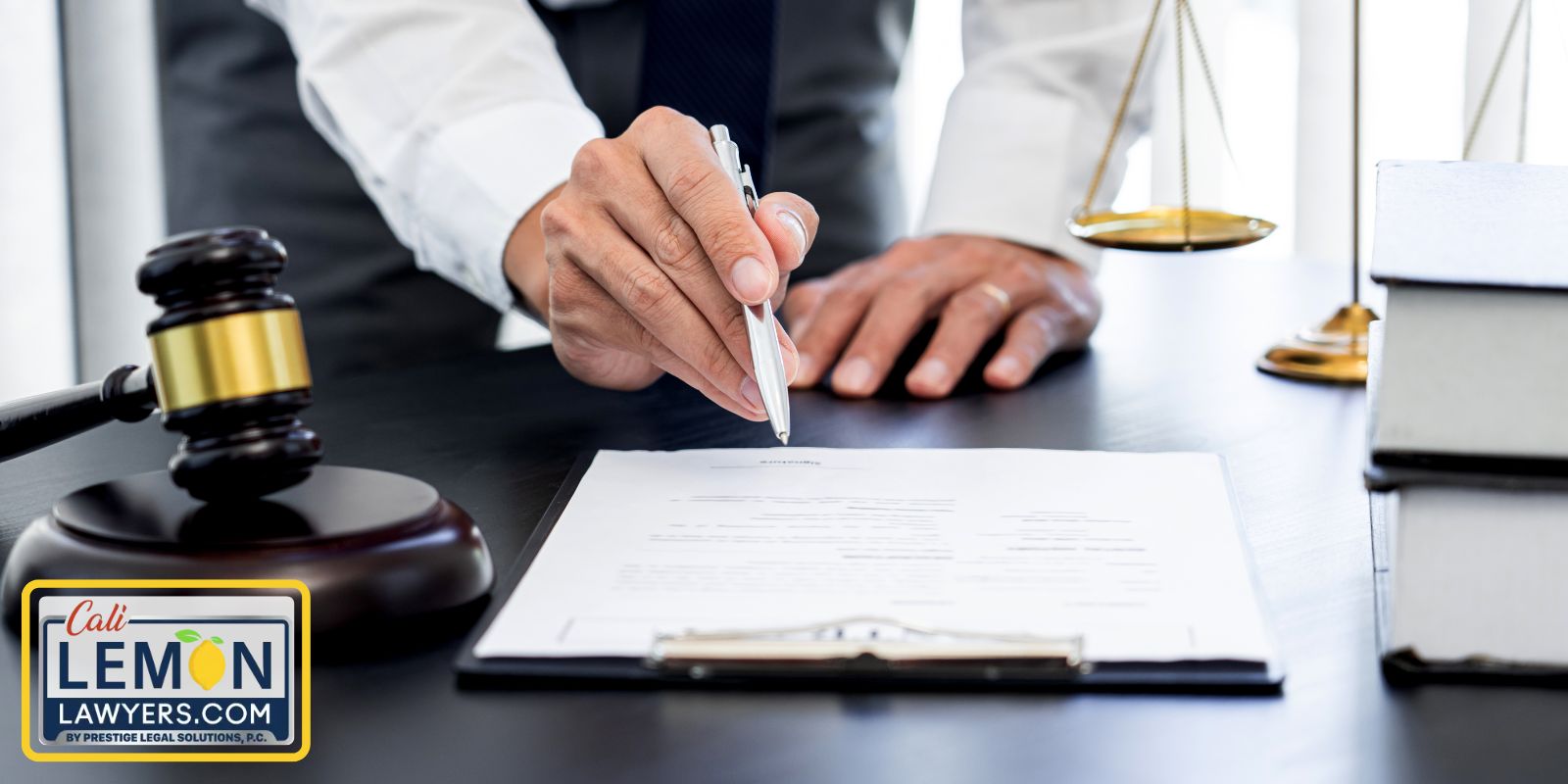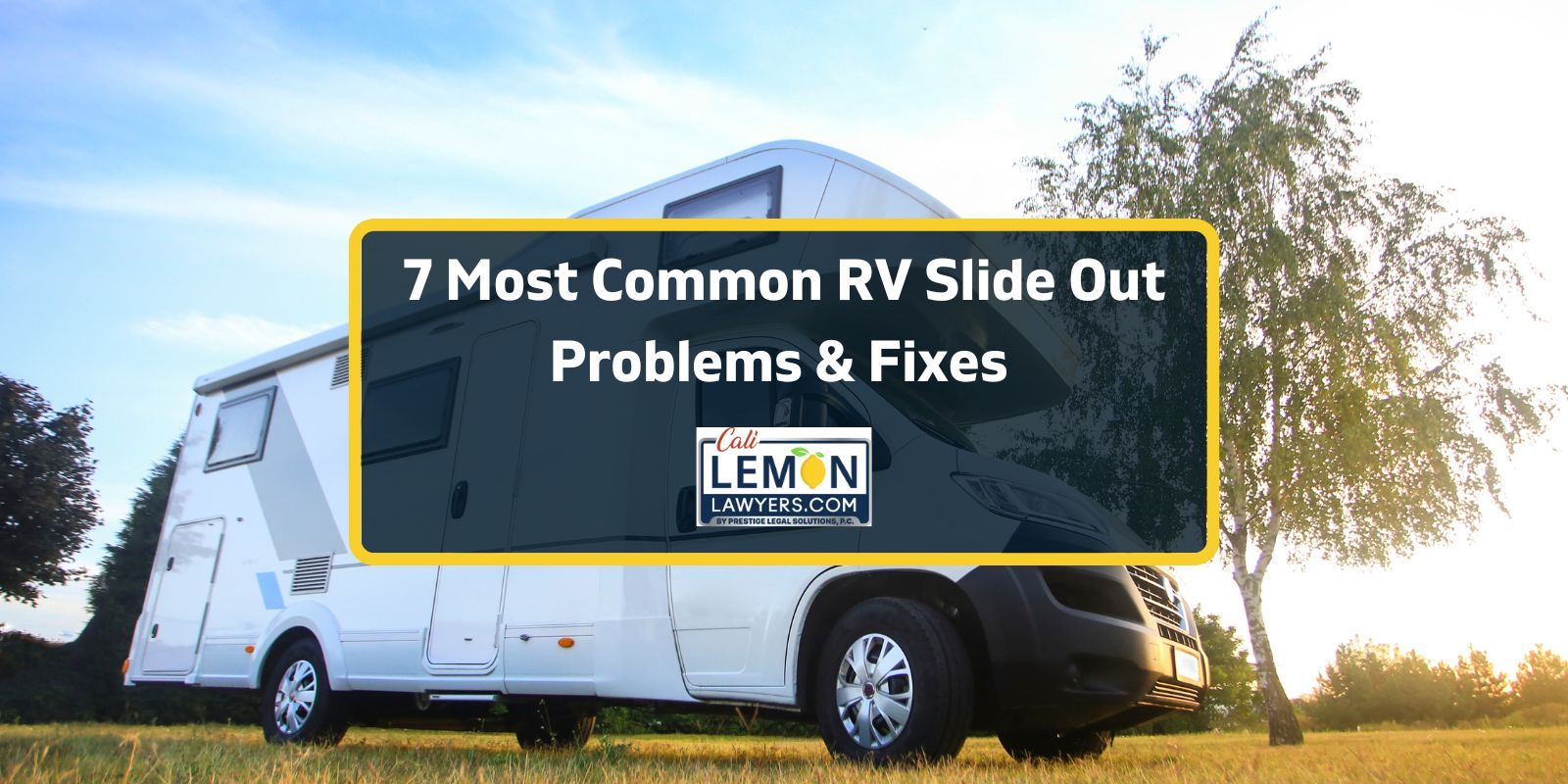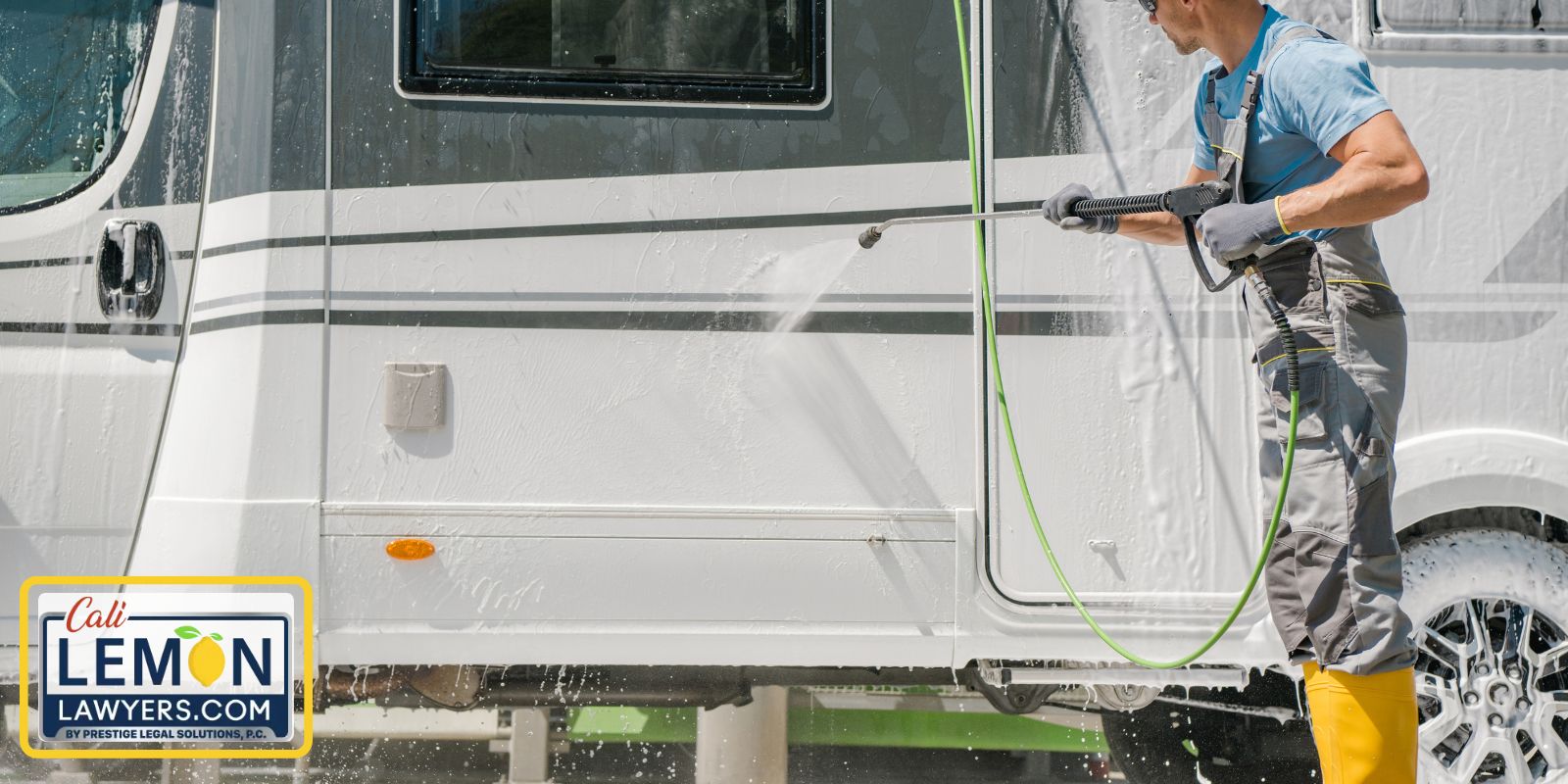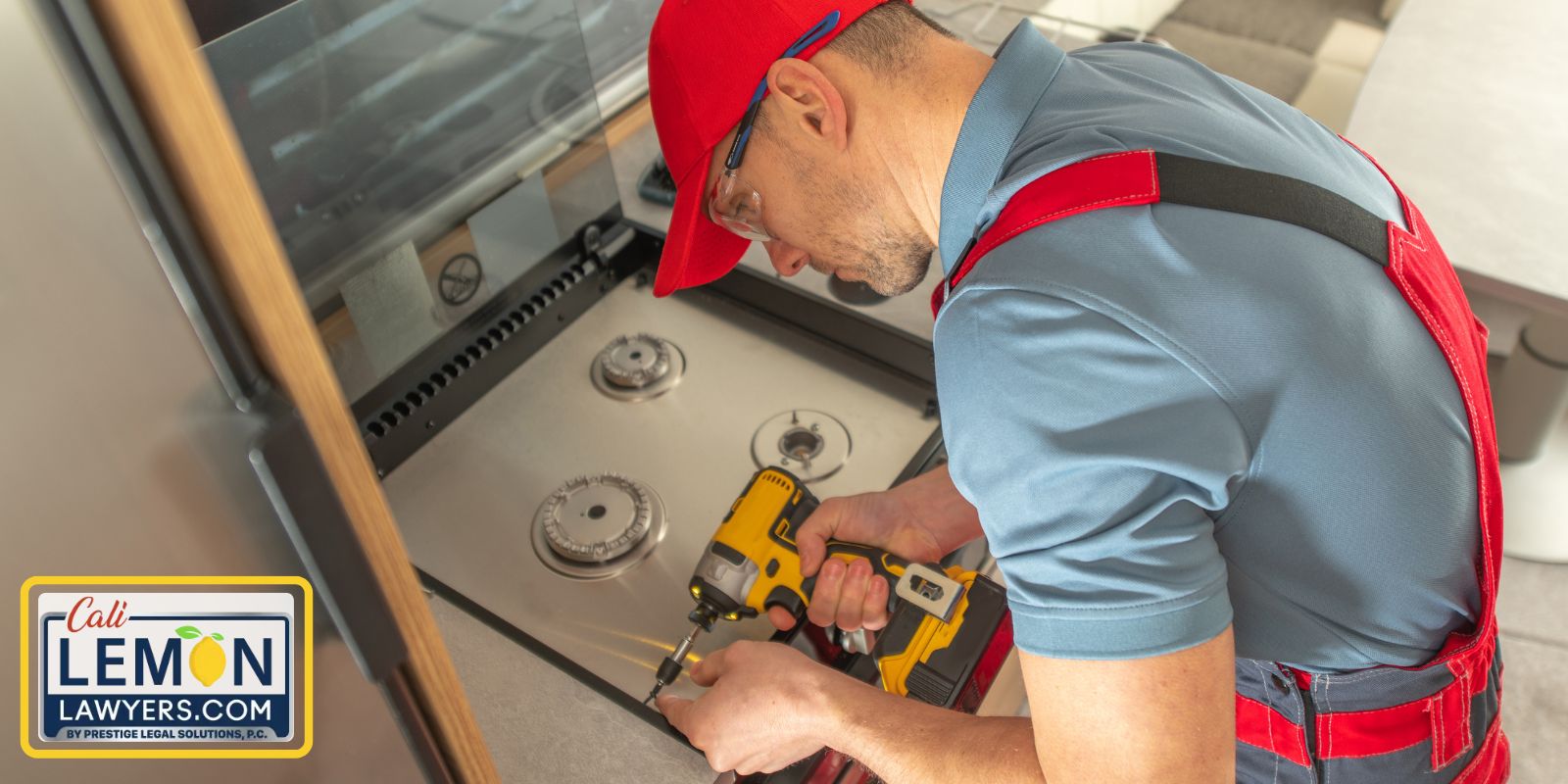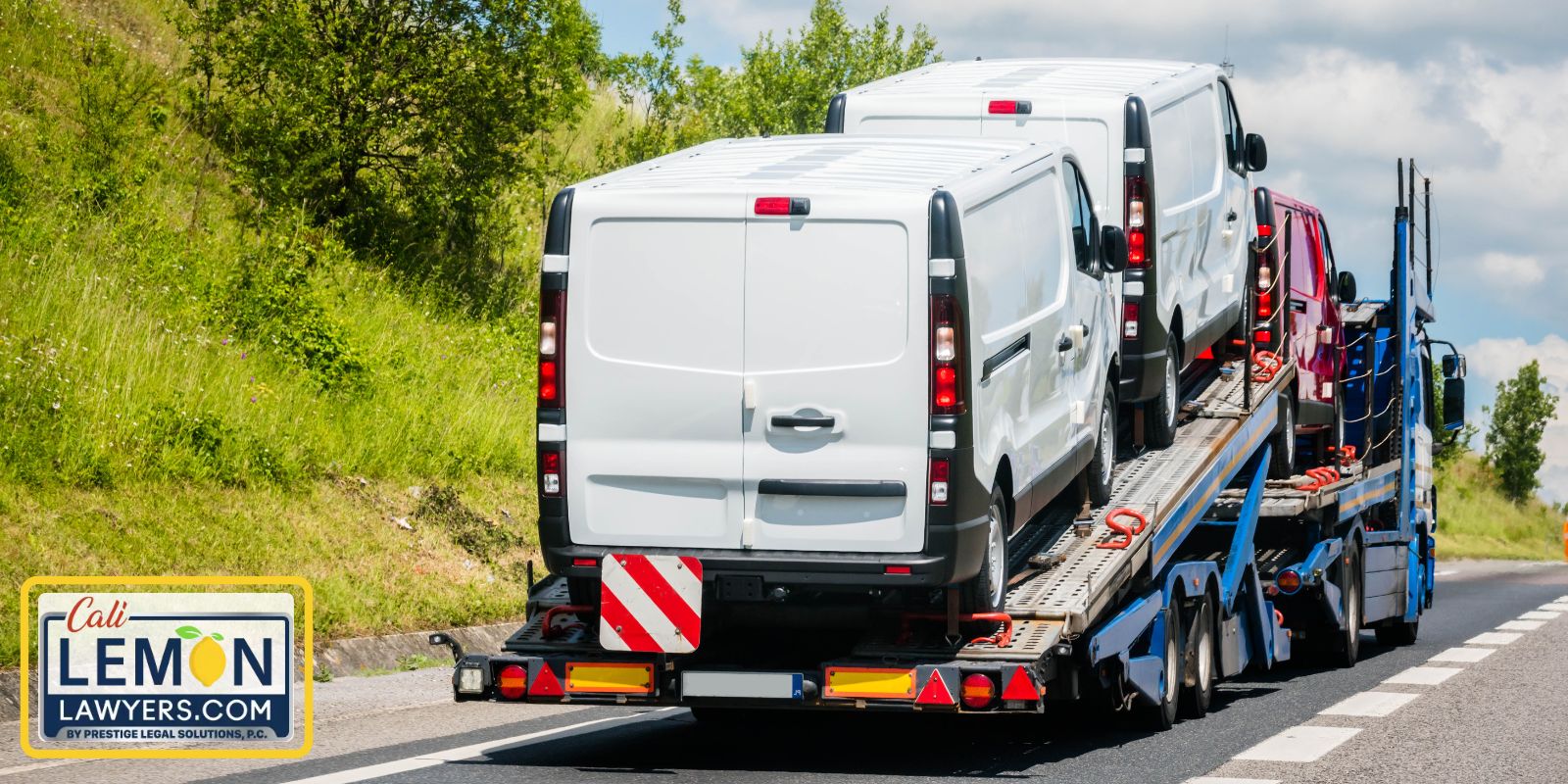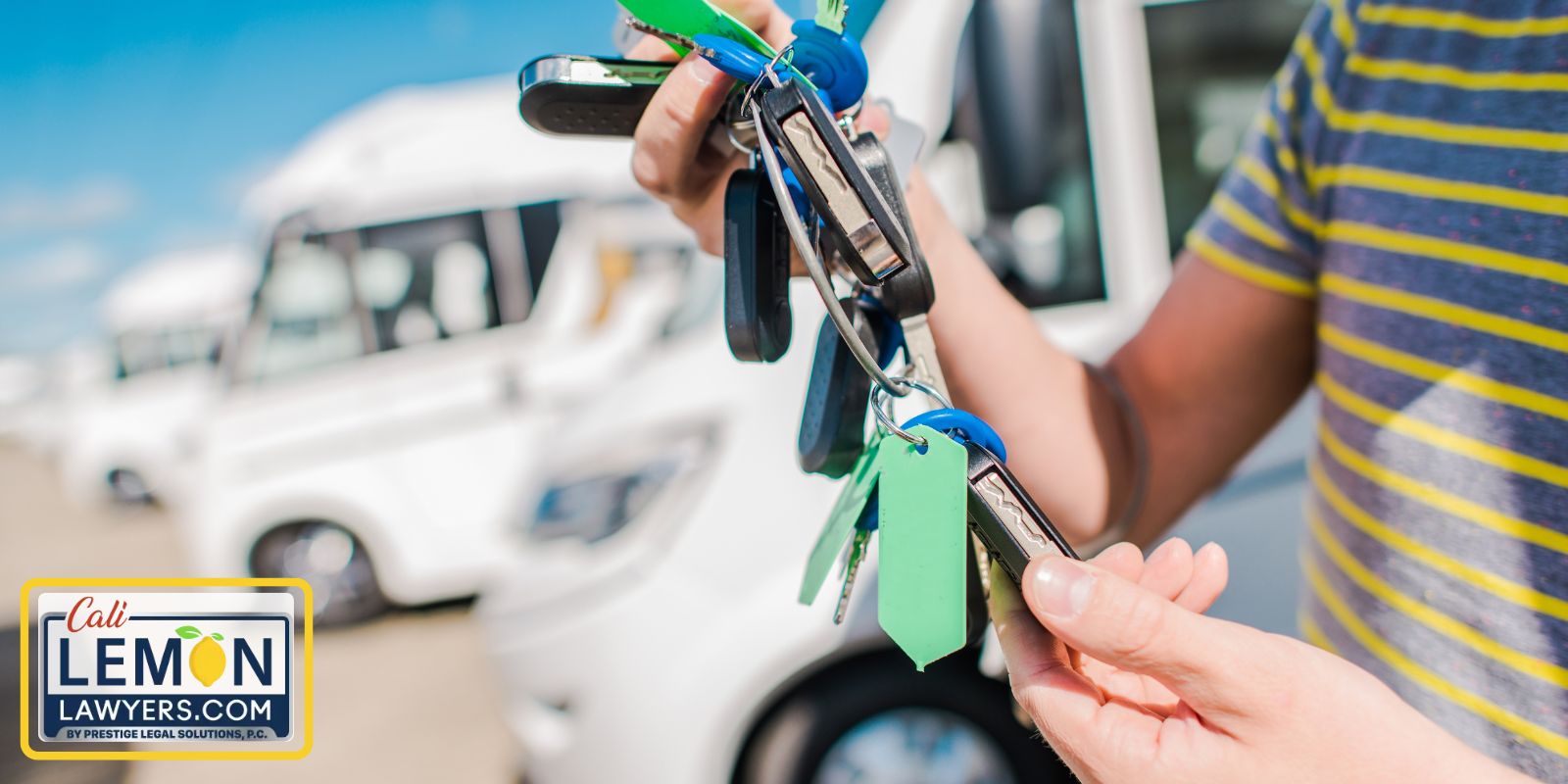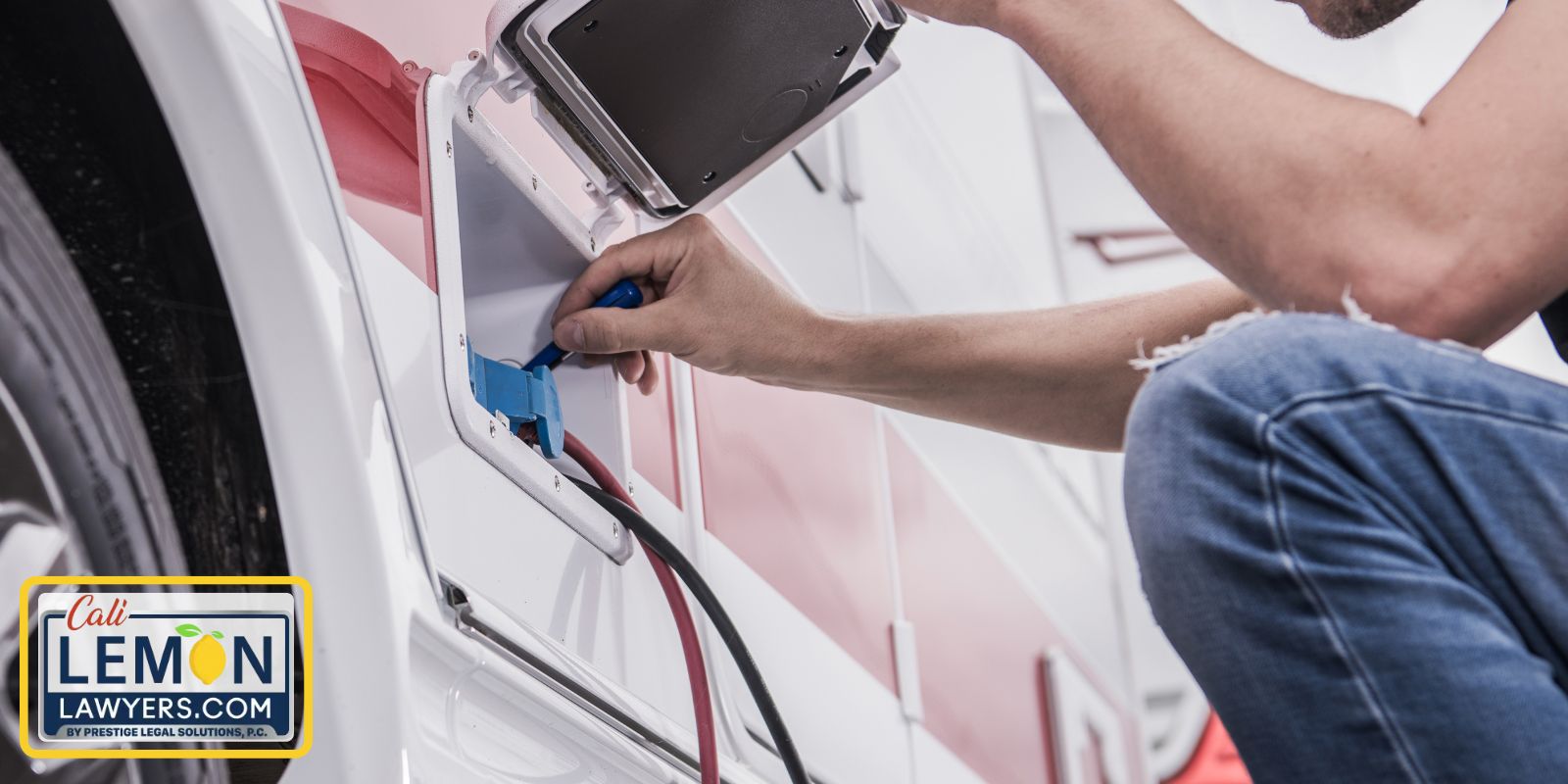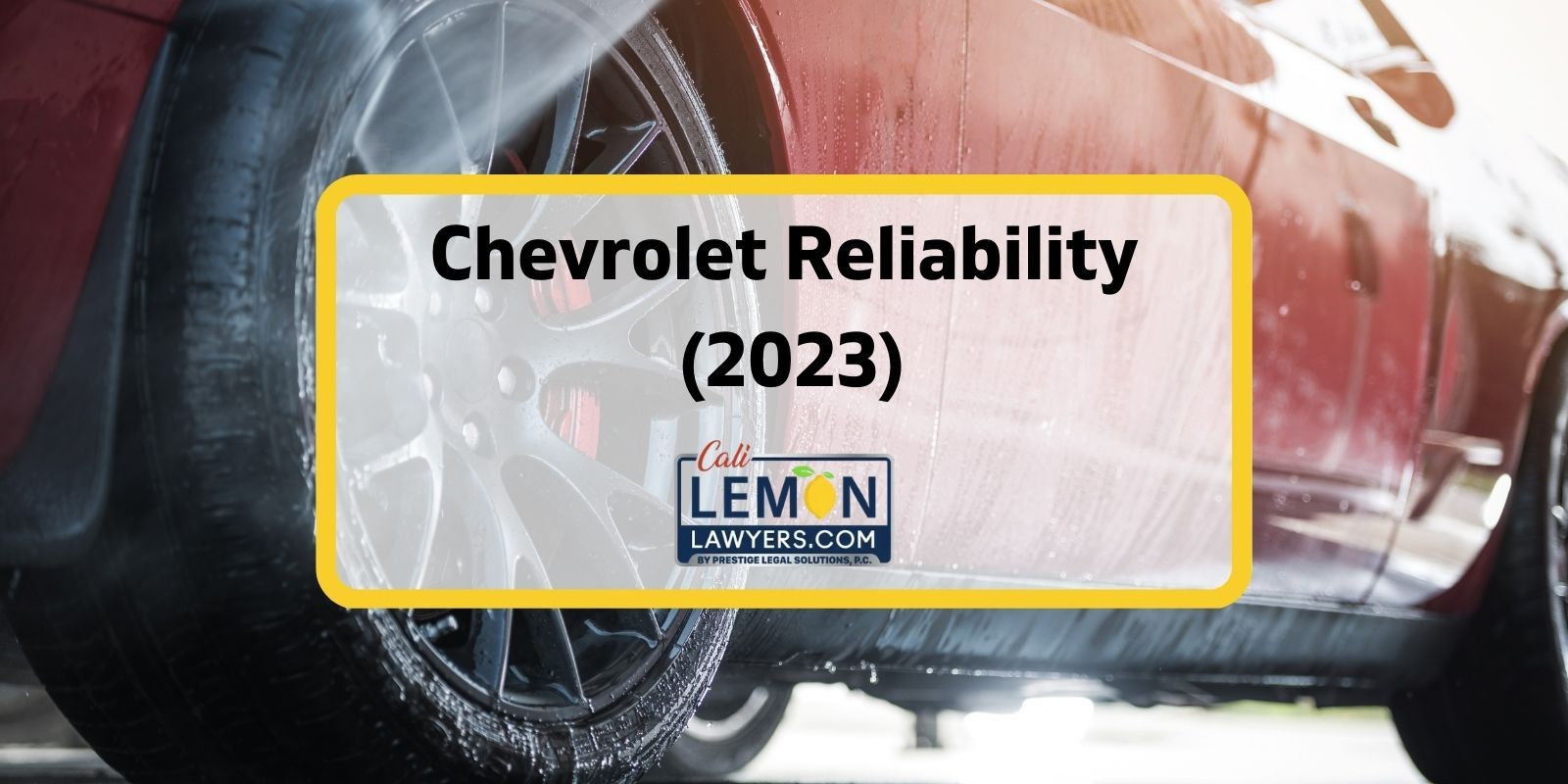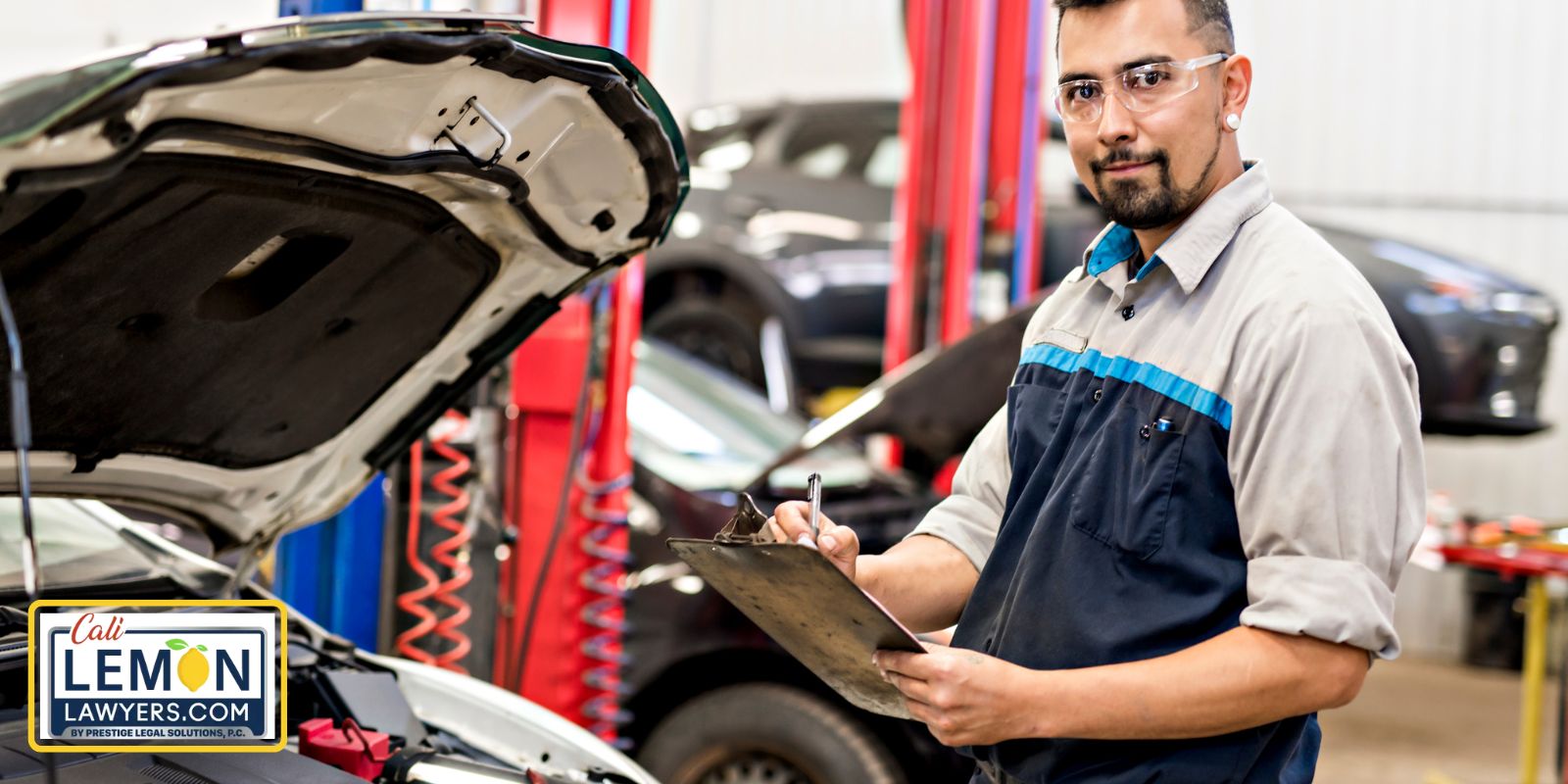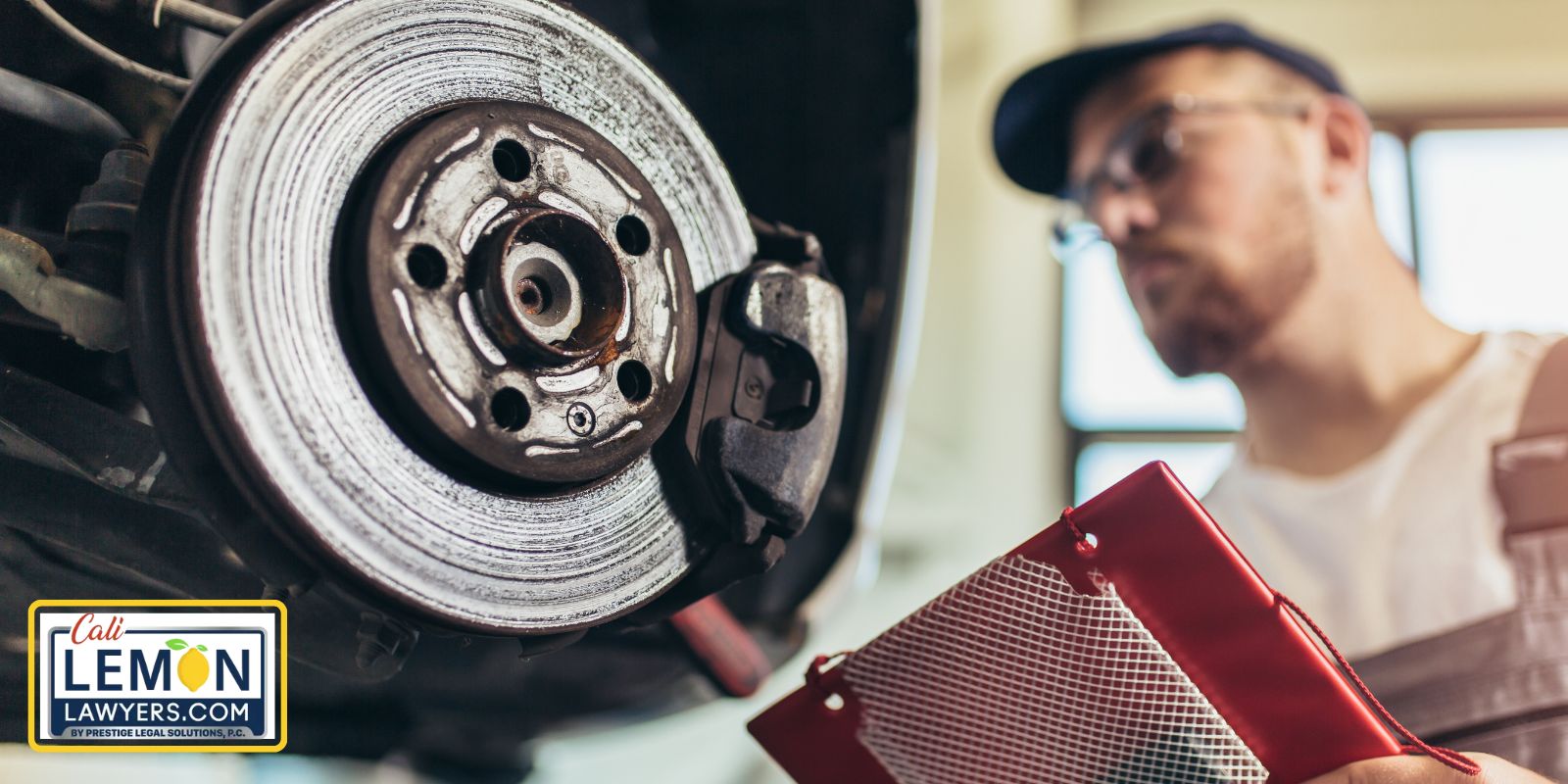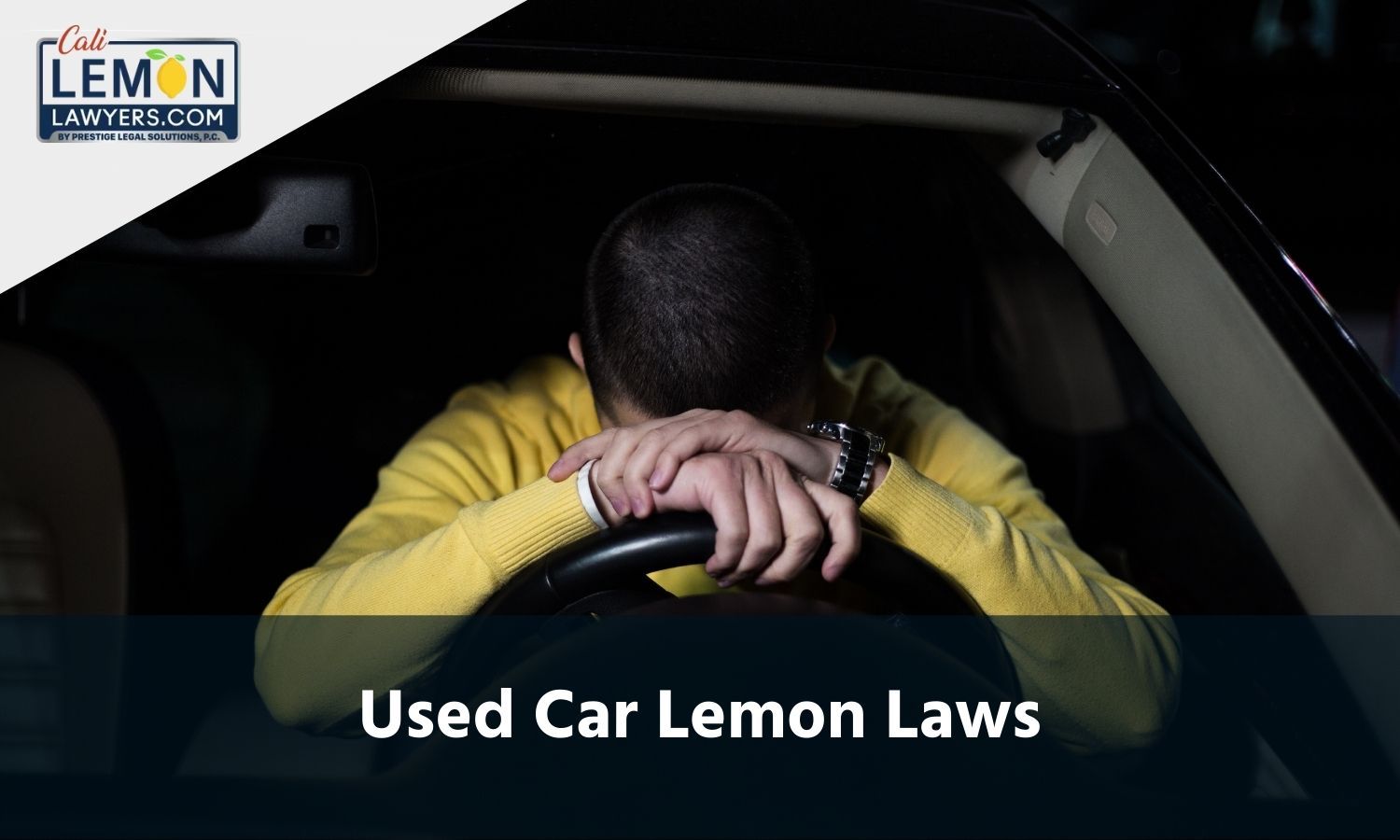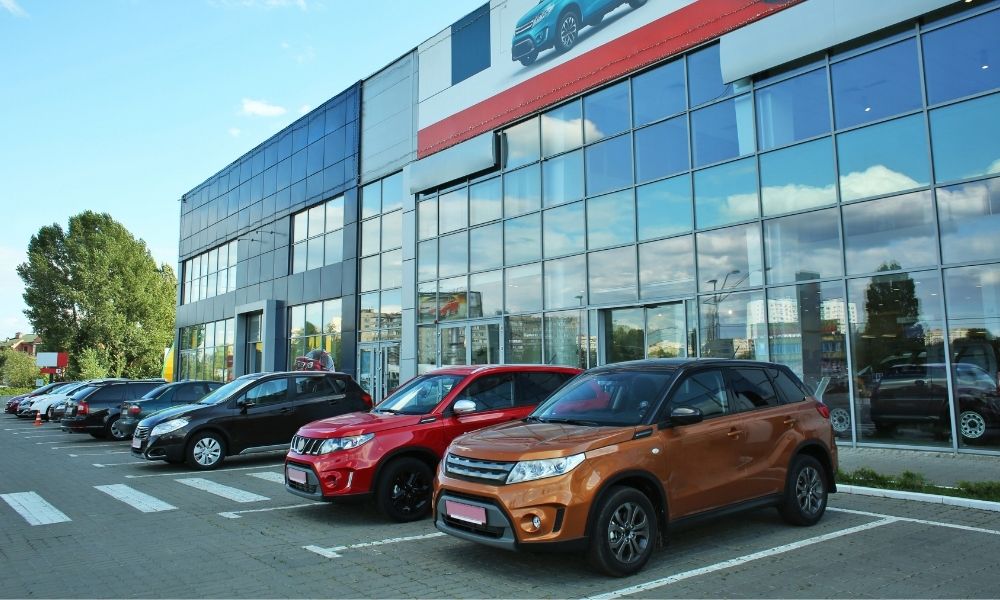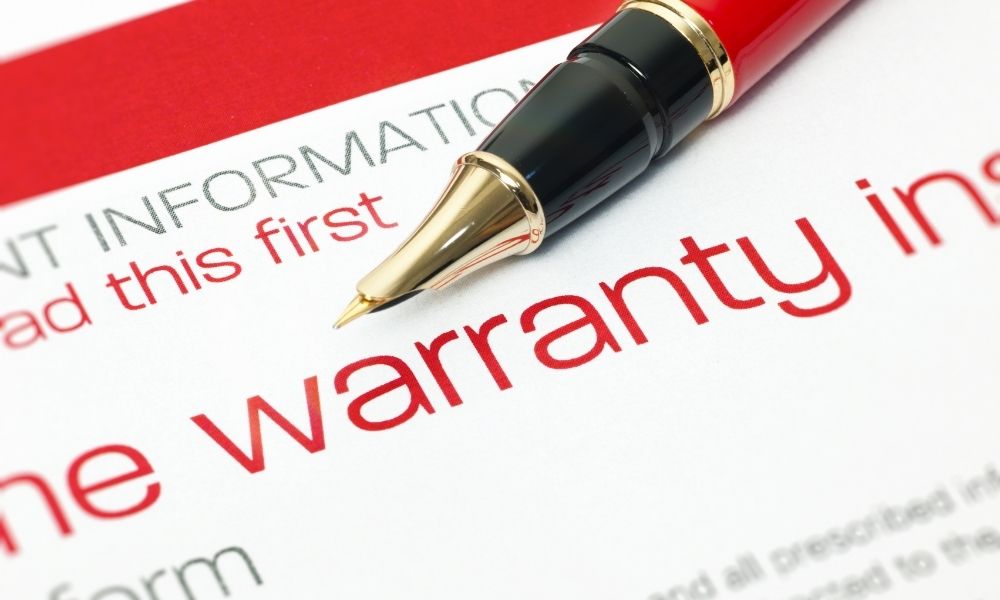Collision Mitigation System Problem
Advancements in technology have given modern vehicles an advantage when it comes to ensuring safety and reliability. One of such advancements has been through the adoption of Collision Mitigation Systems (CMS) to detect a potential collision.
However, Collision Mitigation Systems will encounter some problems due to malfunctions in certain components, throwing the CMS off when it comes to detecting potential collisions.
This article will explore some of the problems that can arise within CMS systems that can potentially pose a danger to drivers on the road.
If you have any issues with your vehicle’s Collision Mitigation System, Cali Lemon Lawyers can help you file a lemon law claim and receive compensation at no cost to you!
What is a Collision Mitigation System (CMS)?
A Collision Mitigation System is a technologically advanced safety feature installed in certain cars. It features an autonomous emergency braking system, a forward collision warning system and cruise control. Some of the most well-known cars it is featured in include Honda, Toyota, Audi, Lexus, Mercedes-Benz, Nissan, Subaru, Tesla, Volvo, BMW, VW, Ford, and others.
CMS technology works to pick up on any hazards by warning drivers of the potential risk of collisions on the road through the use of various sensing technologies and camera detection. Unfortunately, at times it can experience various malfunctions leading to false alarms and warnings. This is why ensuring that your vehicle’s CMS is functioning properly at all times is crucial.
11 Most Common Collision Mitigation System Problems & Symptoms
1. False alarms
A malfunctioning CMS will trigger false alarms. This can occur when the system is not properly fine-tuned, or if the vehicle’s sensors pick up on roadway objects that are not a risk. This can frustrate drivers and cause unnecessary panic and concern. A fix for this problem is to ensure that your system is fine-tuned properly and that your sensors and camera are working properly and positioned well.
2. Wrong warning levels
This can occur when the CMS is unable to identify different levels of dangers adequately and is also caused by a CMS that is not fine-tuned to standard. This can confuse drivers as they may not react to dangers in time. A fix for this is to ensure that components are fine-tuned properly.
3. Communication issues with other systems
Your CMS needs to be correctly integrated with other systems in order to communicate effectively. Communication issues can occur with the braking or steering system. To fix this, checking for integration problems will help as well as ensuring that it is fine-tuned correctly.
4. Sensors with a restricted view
The sensors need to be able to see all areas adequately. Collision avoidance systems rely on radar sensors to monitor everyday road environments. When they fail to see everything in their field of view, they will struggle to detect obstructions and objects that can cause collisions. To fix this, ensure that your sensors are positioned properly to detect every potential hazard ahead and that their field of view is not obstructed.
5. Delayed responses
The purpose of a CMS is to detect potential collisions quickly in order to respond immediately and avoid accidents. Some systems experience delayed response which can be dangerous for a driver who cannot react in time if the system is slow, especially at high speeds. Having your entire system checked can fix this problem. Checks can be performed on your radar sensors and camera.
Symptoms Causing Collision Mitigation System Problems
Being aware of the causes of a collision mitigation system problem can help owners with affected vehicles to better understand which components are faulty and are indicators of a malfunction. The following symptoms can cause problems:
1. Warning light turned on
The collision mitigation system light is there to indicate to you that there is a problem. Your CMS light will be marked as either “Collision Mitigation” or “Adaptive Cruise Control,” (Be aware that this may differ depending on the car model you drive). When your warning light switches on, it will indicate that there is a problem with the system that needs attention.
2. Drop in fuel efficiency
The CMS is intended to help keep a safe distance from other cars through collision mitigation braking system (CMBS) activation. This is to avoid sudden braking and unnecessary acceleration or deceleration. Any faults in the braking system or the cruise control feature can increase fuel consumption when the system is not working correctly.
3. False alarms
As one of the most common mitigation system problems, false warnings will lead to the random engagement of the system. The collision mitigation system light will likely turn on when false alarms are triggered, even when there are no potential collisions detected ahead. False alarms can be caused by malfunctioning cameras or sensors detecting dangers that are not there.
4. Defective radar sensors
The system works by using radar sensors to pick up on any potential dangers on the road such as obstructions and other vehicles. When the sensors are malfunctioning, the CMS will not work well. The radar sensors could be failing to detect vehicles and obstructions as they should, or might be detecting false alarms by picking up on dangers that do not exist, confusing the system and causing it to react when it should not.
5. Faulty braking system
A malfunctioning brake system can be a dangerous symptom of a defective CMS as the brakes will encounter issues and fail to decrease the vehicle’s speed. When the braking system is not working properly, the system will not react on time to bring a vehicle to a stop where a collision is about to happen. This increases the risk of a collision.
6. Defective camera
The camera works to detect any potential danger on the road ahead and needs to be working efficiently at all times to avoid collisions. A faulty or broken camera can result in greater potential for collisions as it will not be able to detect dangers ahead and trigger the CMS to respond in time.
Honda CMS Problems
Honda vehicles are notorious for collision mitigation system problems. Honda owners are quite aware of typical CMS problems. Close to two million Honda vehicles have been investigated for brake issues in the system. Honda models such as the 2017-2019 Honda CR-V and 2018-2019 Honda Accord vehicles have been under scrutiny for their automatic emergency braking system which the company calls “Honda’s CMBS,” with concerns on whether this could affect other Honda vehicles. The Collision Mitigation Braking System (CMBS) forms part of Honda Sensing but has been reported to have braking issues and false warnings leading the company to face multiple class action lawsuits.
Collision Mitigation System Problem Fixes Explained
To avoid experiencing CMS problems always be sure that all components are in good working condition. Have your entire system checked for proper calibration.
Ensure that your radar sensors and camera are positioned well to detect objects on time and for a good field of view of the road ahead and its surroundings. Your radar sensor and camera should also be clean with no debris build-up on them as this can obstruct their view and cause malfunctions and incorrect system detections. Cameras and radar sensors should not be damaged/broken.
Another fix for common problems that can often be overlooked is ensuring that your system is always up to date. A CMS relies on software to work properly. If your system is operating on outdated software, bugs and glitches are very likely to cause unnecessary problems. Always check for software updates and update your system to fix existing bugs and glitches to ensure the CMS is working at its optimum.
Resetting Collision Mitigation Systems
Checking important components to find out where the problems are before you attempt a reset is very important, so do this first.
It is advised to consult your vehicle’s manual for instructions to avoid anything going wrong. You will likely need to find the CMS control module to perform a reset. This can be done by removing the car battery or using a distinct reset button, depending on the car you have.
If you do not understand anything, the best and safest approach would be to contact a professional mechanic and take your car to the dealership for inspection by professionals. If you manage to successfully reset the CMS on your own, it is also recommended that you still get your car inspected as malfunctions might still persist afterward.
Can You Turn Off The Collision Mitigation System
Should you not want your collision mitigation system running, it is possible to turn it off. If you do not know how to do this the best thing would be to consult your vehicle’s manual for instructions and guidance.
If there is a CMS/CMBS button visible in your vehicle’s CMS instrument panel, you need to follow your manual’s instructions to turn it “OFF”. The process is likely to differ from vehicle to vehicle, which is why consulting the manual is best.
What Does It Mean When Your Car Says Collision Mitigation System?
When your car’s collision mitigation system is triggered, it means that the system has detected a possible collision ahead and will respond by acting on the situation depending on what it is. Your system will respond accordingly by either applying automatic emergency braking for you, signaling you with a forward collision warning, or applying adaptive cruise control to adjust the speed of your vehicle for what is ahead.
The Benefits and Limitations of CMS Technology
Benefits of Collision Mitigation Systems
A Collision Mitigation System is beneficial for the following reasons:
- The automatic emergency braking system allows a car to slow down by automatically applying brakes on its own, avoiding a crash.
- Forward collision warning and automatic braking systems help reduce rear collisions.
- Road collisions are generally reduced.
Limitations in Collision Mitigation Systems
The following limitations are present within Collision Mitigation Systems:
- Some systems cannot pick up on impact/crash attenuators which can lead a vehicle to crash into them.
- Certain weather conditions can interfere with the effectiveness of some CMS systems and detectors causing the system to malfunction.
- Automatic emergency braking (AEB) can trigger the brake system and cause sudden deceleration in unnecessary situations such as for shadows, parked cars, road signs, curves, opposing traffic that is not a danger, and incline roads.
- Some AEB systems with Pedestrian Detection are likely to not work in darker conditions.
Cali Lemon Lawyers Can Help You In Your CMS Legal Battles
A vehicle with persistent CMS issues is likely to be a lemon car. If you find yourself with constant CMS problems that cannot be fixed even after numerous repair attempts, contact the Cali Lemon Lawyers to find out your legal rights. You will be assisted in filing a lemon law claim related to your vehicle’s collision mitigation system.
Summary
Collision mitigation systems are an innovative safety feature to help prevent collisions. A vehicle with a competent assist system is less likely to get into any collisions while a malfunctioning system increases the risk of accidents and fatalities.
Being aware of any problems interfering with important CMS components such as the radar sensors and camera can help keep your CMS running smoothly and guarantee you a reliable safety feature.

